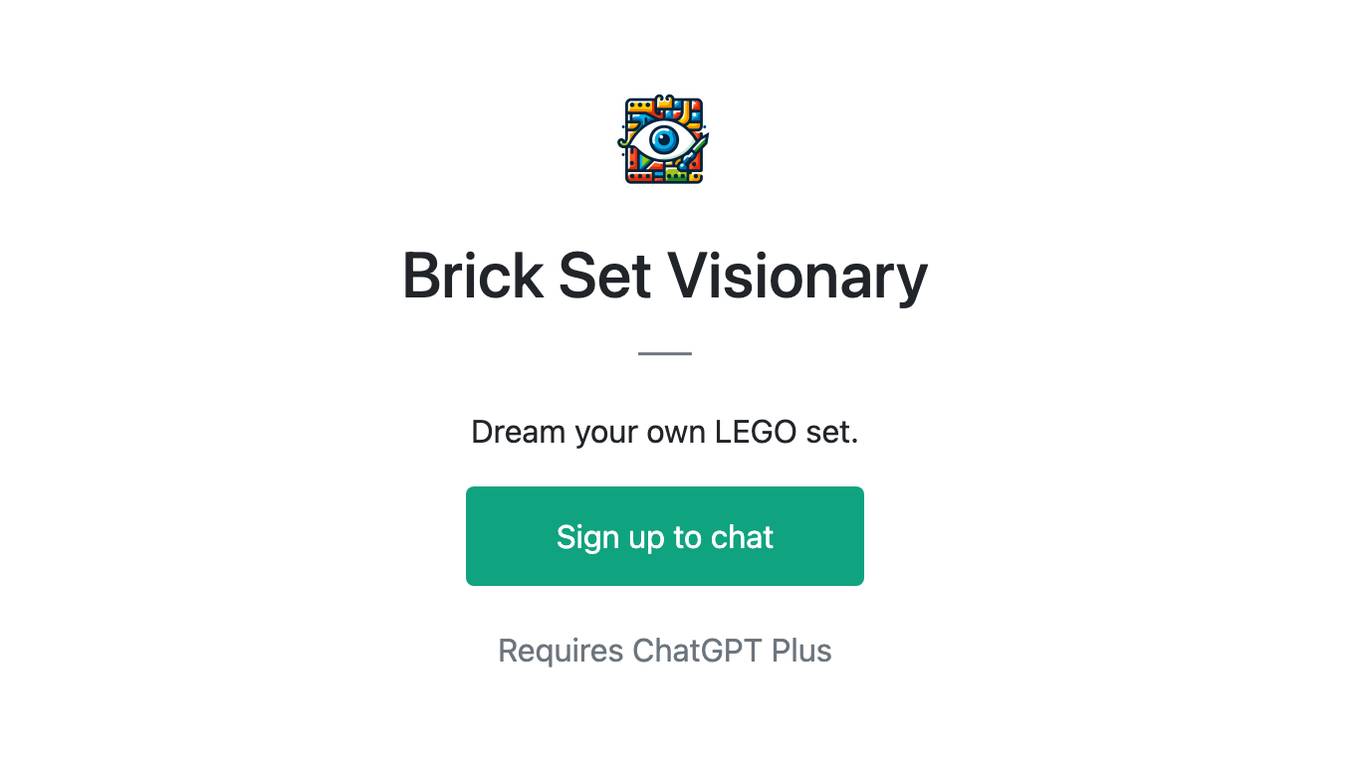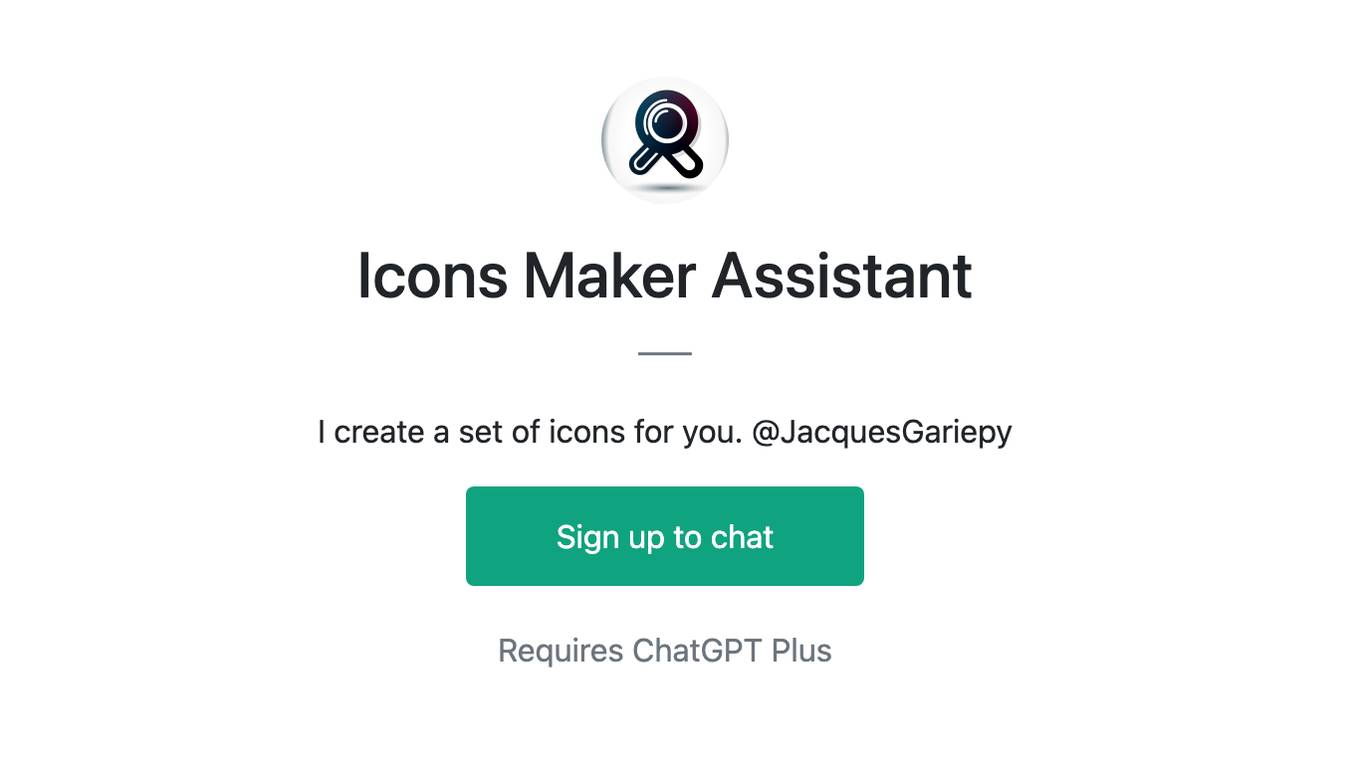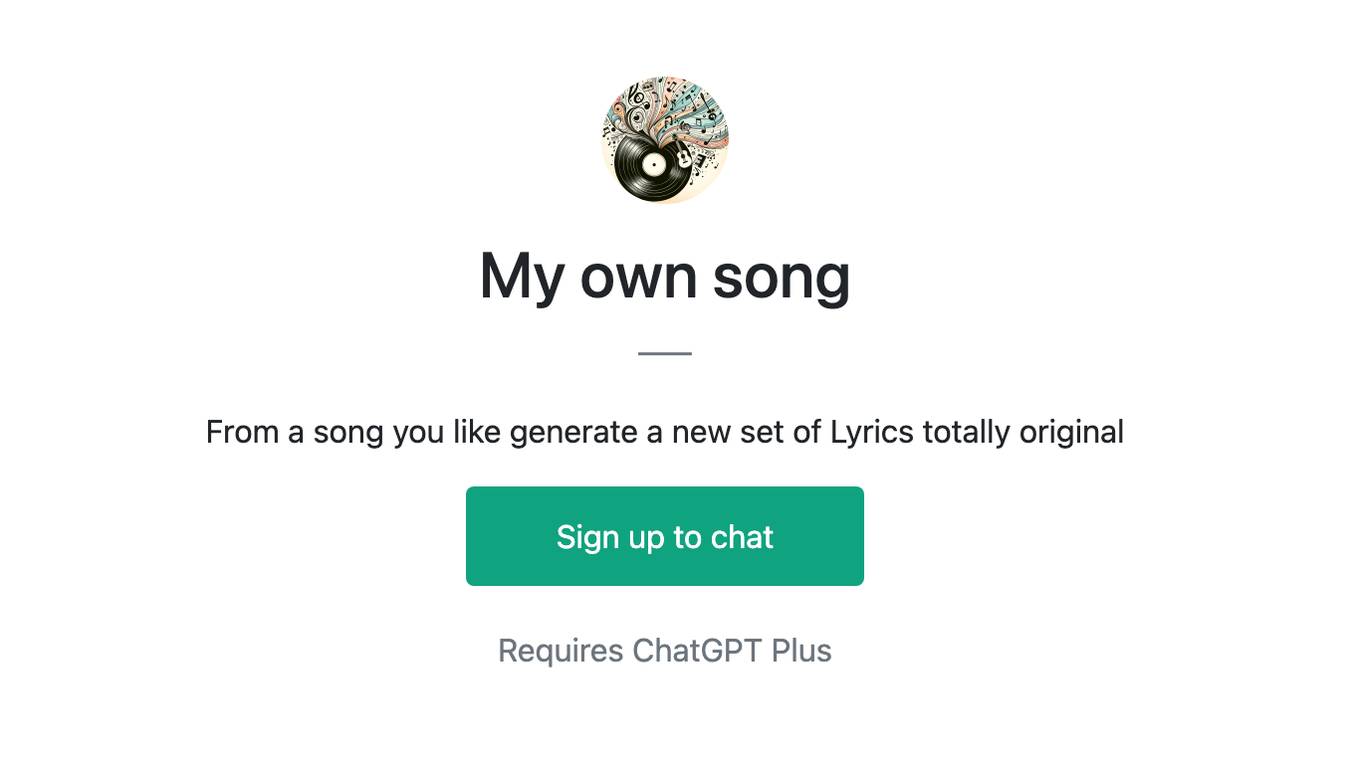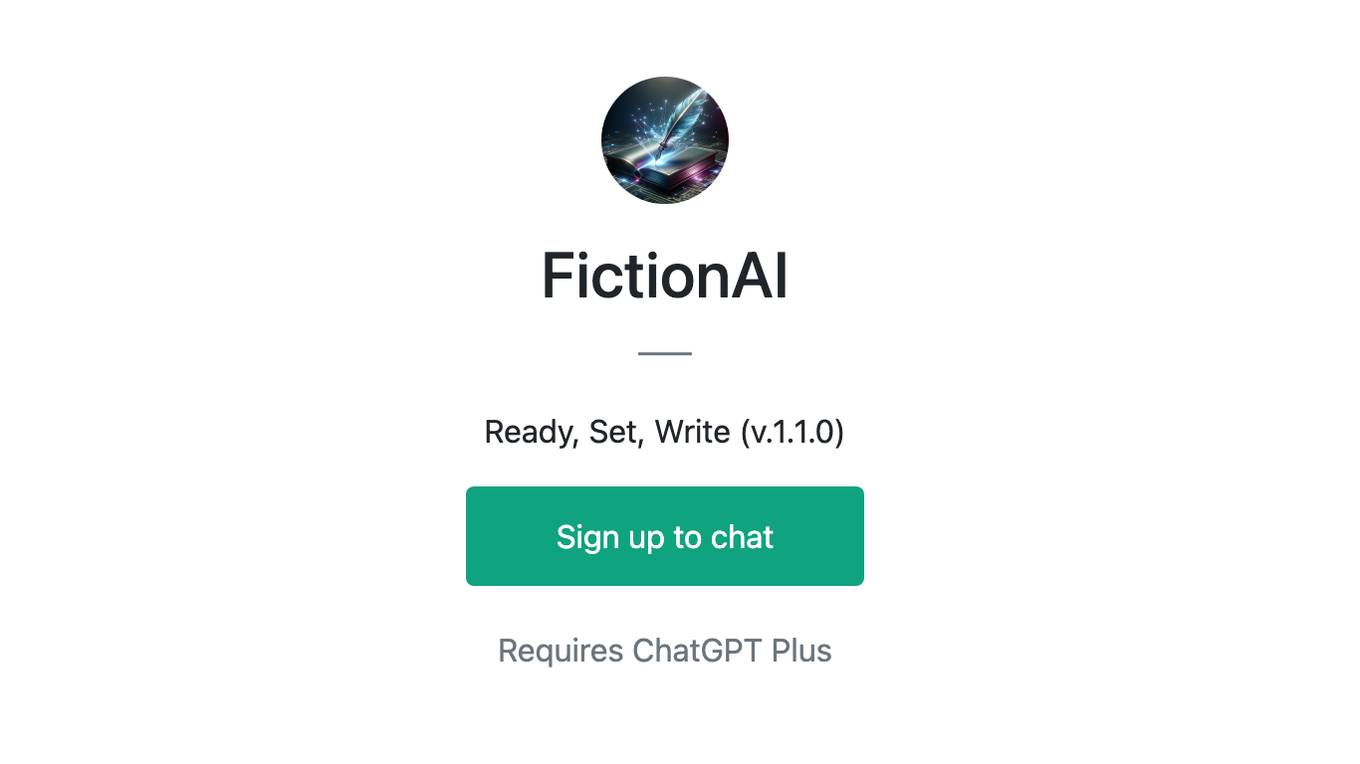Best AI tools for< Set Constraints >
20 - AI tool Sites

Neural Concept
Neural Concept is an end-to-end platform for high-performance engineering teams, powered by a leading proprietary 3D AI core. It accelerates product development and innovation with industry-leading 3D deep-learning and simulation capabilities. The platform works with various CAE and CAD softwares, offering 3D visual feedback, collaborative environment, and LLM guidance to boost engineers' impact. Neural Concept is used by engineering companies to design and deliver better products faster, bringing AI-designed products to market up to 75% faster.
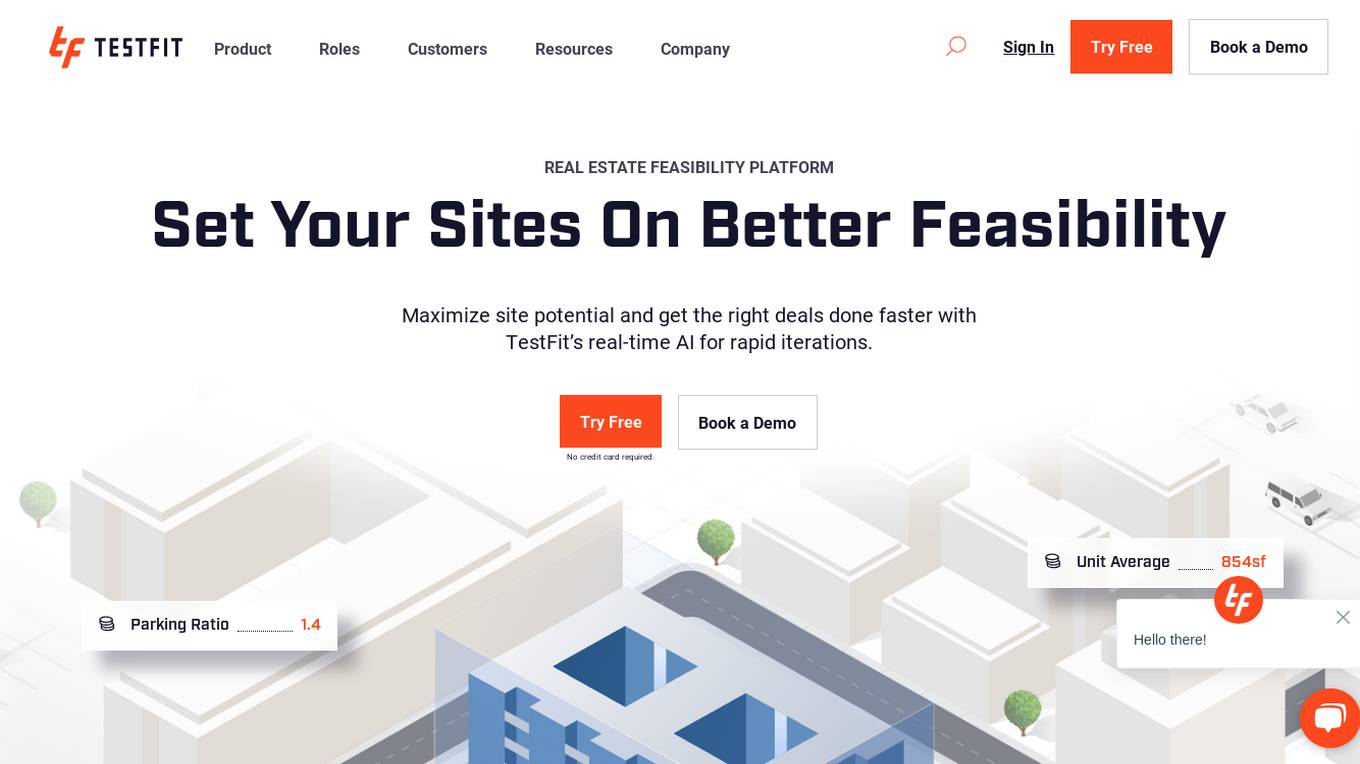
TestFit
TestFit is a real estate feasibility platform that uses AI to help developers, architects, contractors, and brokers evaluate deals and make better decisions. It provides real-time insights into design, cost, and constructability, and integrates with a variety of other software tools. TestFit can help users save time and money, and make more informed decisions about their real estate projects.
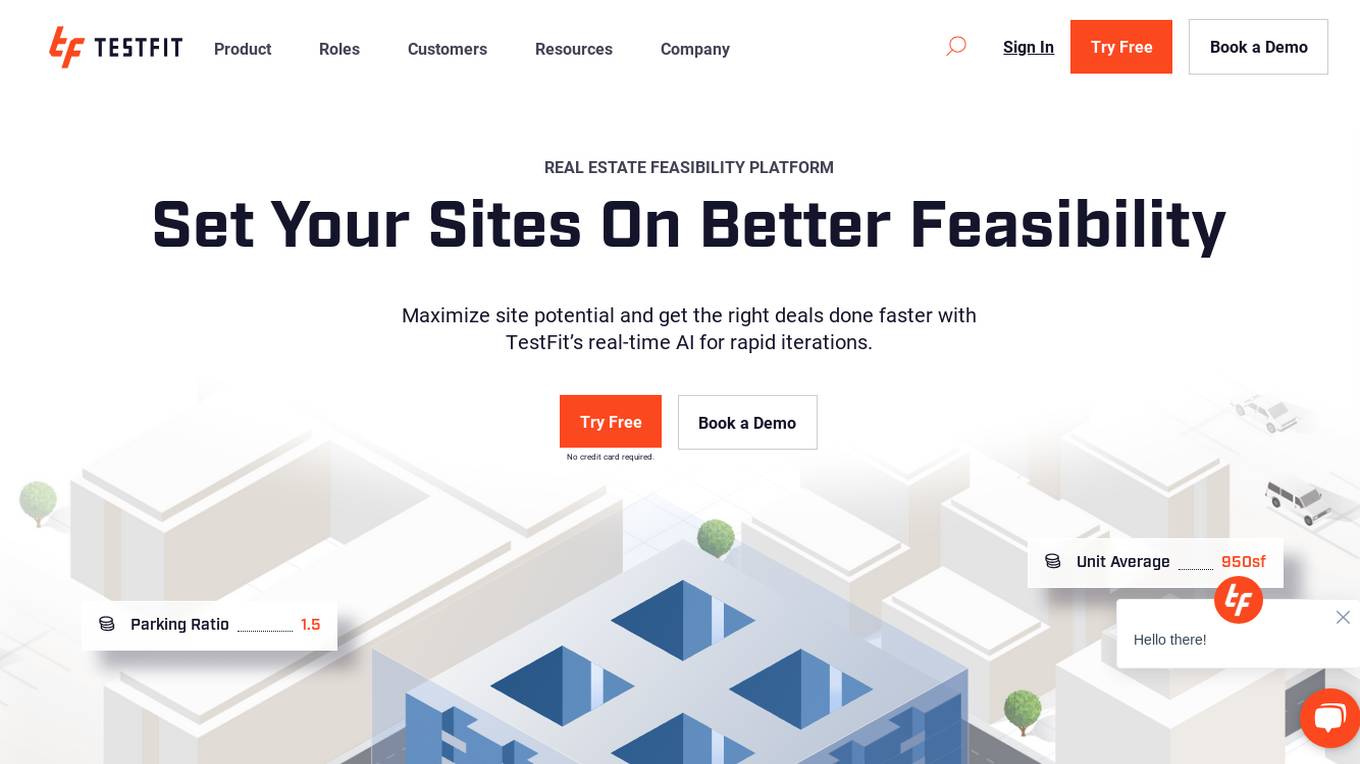
TestFit
TestFit is a real estate feasibility platform that helps users maximize site potential and get the right deals done faster. It uses real-time AI for rapid iterations, allowing users to evaluate deals in hours instead of weeks. TestFit also integrates with other software, such as Revit and Enscape, to streamline the design and documentation process.
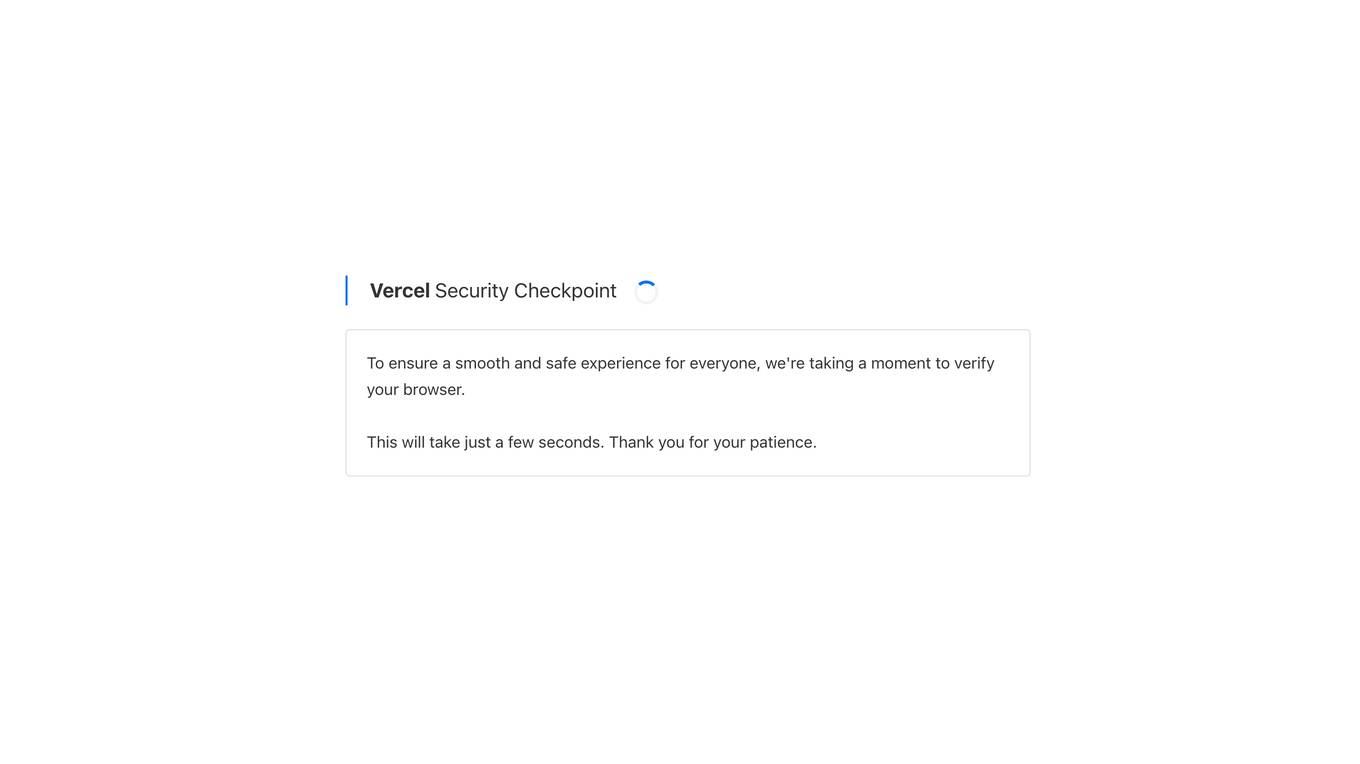
BetterLegal
BetterLegal is a one-stop-shop for setting up a new business quickly and efficiently. With straightforward pricing and rapid turnaround, BetterLegal handles all necessary filings, generates custom legal documents, and provides essential services like registered agent service, compliance service, and permit & license searches. The platform simplifies the process of starting an LLC or corporation, making it easy for entrepreneurs to establish their businesses in just 2 business days.
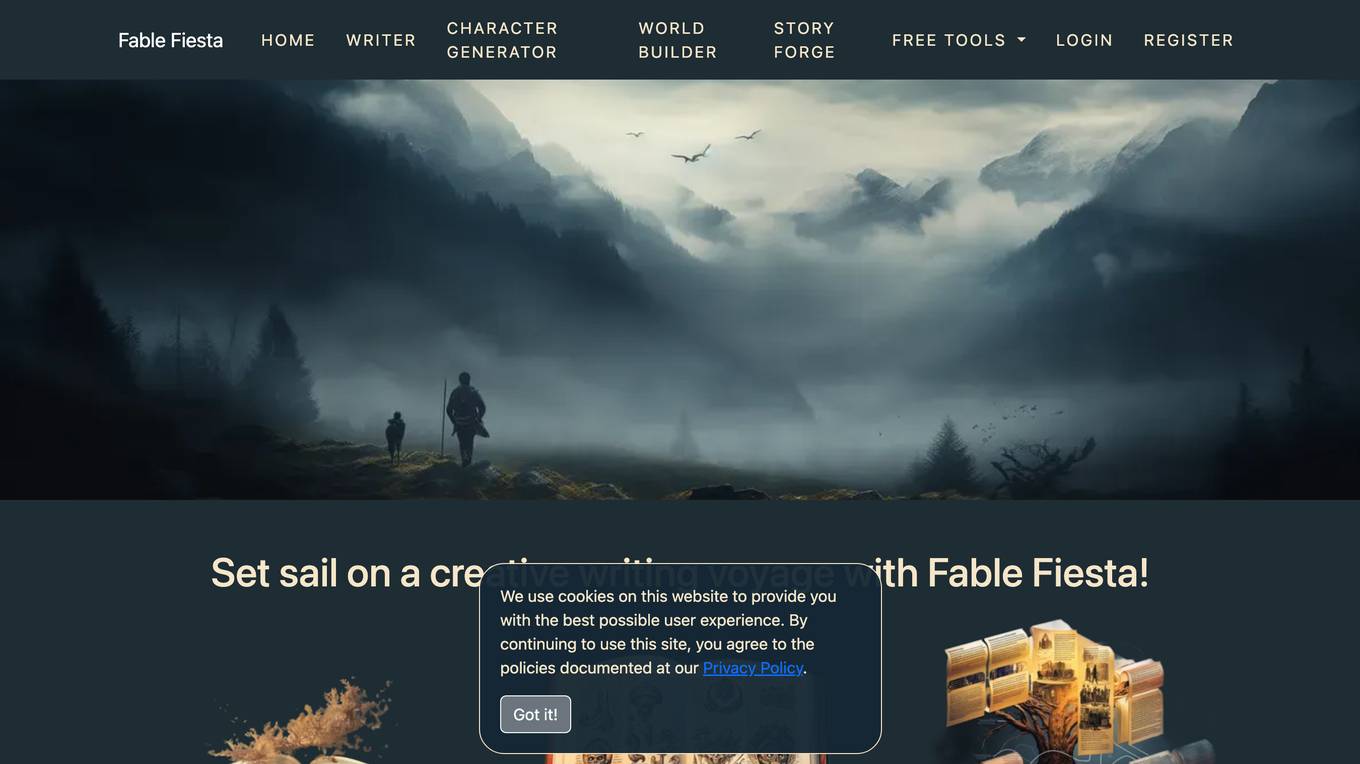
Fable Fiesta
Fable Fiesta is an AI-powered writing assistant that helps writers and creators overcome writer's block and unleash their creativity. With its AI story generator, dynamic world and character generator, and intelligent AI plot generator, Fable Fiesta provides the tools to create compelling narratives, thrilling adventures, seductive love stories, and more. Whether you're an author, a screenwriter, or a creative enthusiast, Fable Fiesta can help you write your next bestseller.
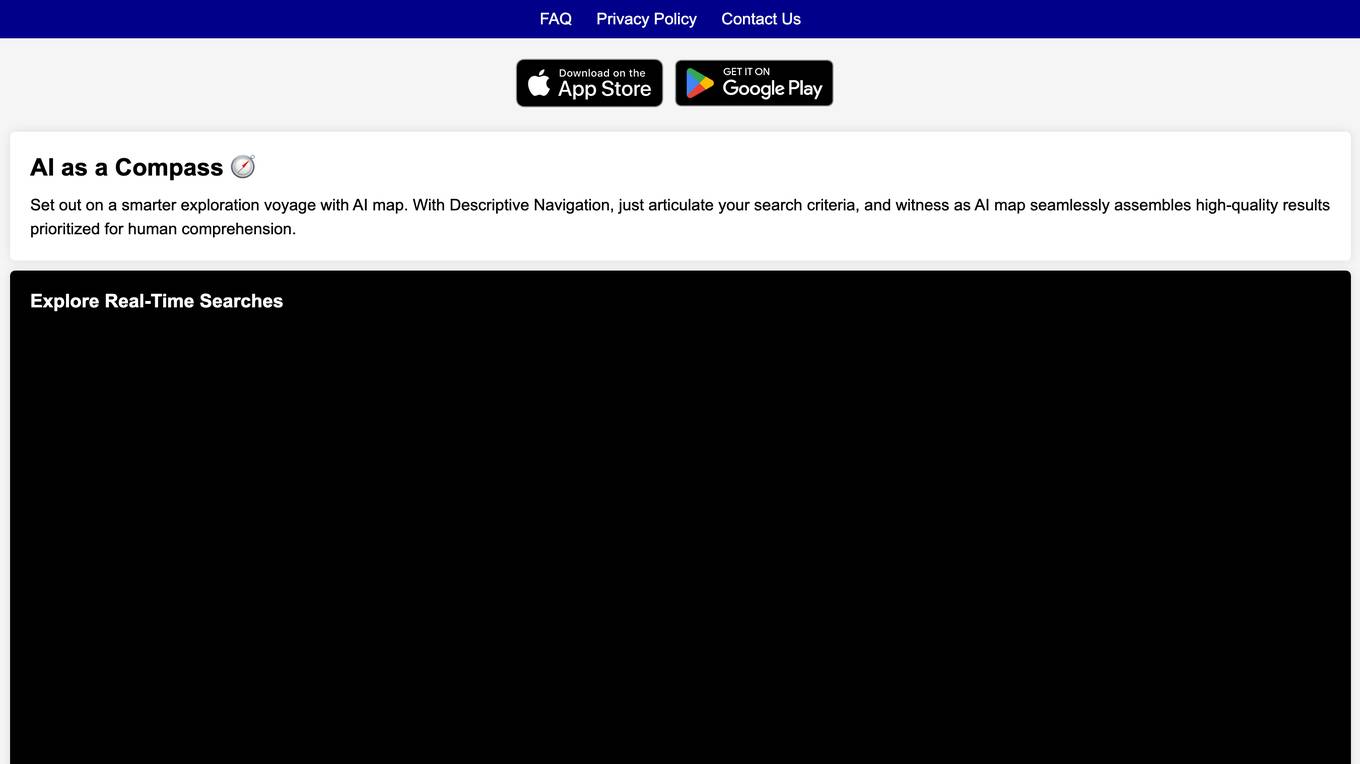
AI map
AI map is an innovative AI tool that offers smarter maps with descriptive navigation. Users can set out on a smarter exploration voyage by articulating their search criteria and witnessing AI map seamlessly assembling high-quality results prioritized for human comprehension. The application provides real-time search guides to enhance the user experience.

MailEcho
MailEcho is an AI-powered email inbox filtering and cleaning service that helps users keep their inboxes free of promotional and sales emails. It uses AI to monitor your email inbox and automatically archives all promotional and sales emails. This keeps your inbox clean and ensures you never miss an important email.
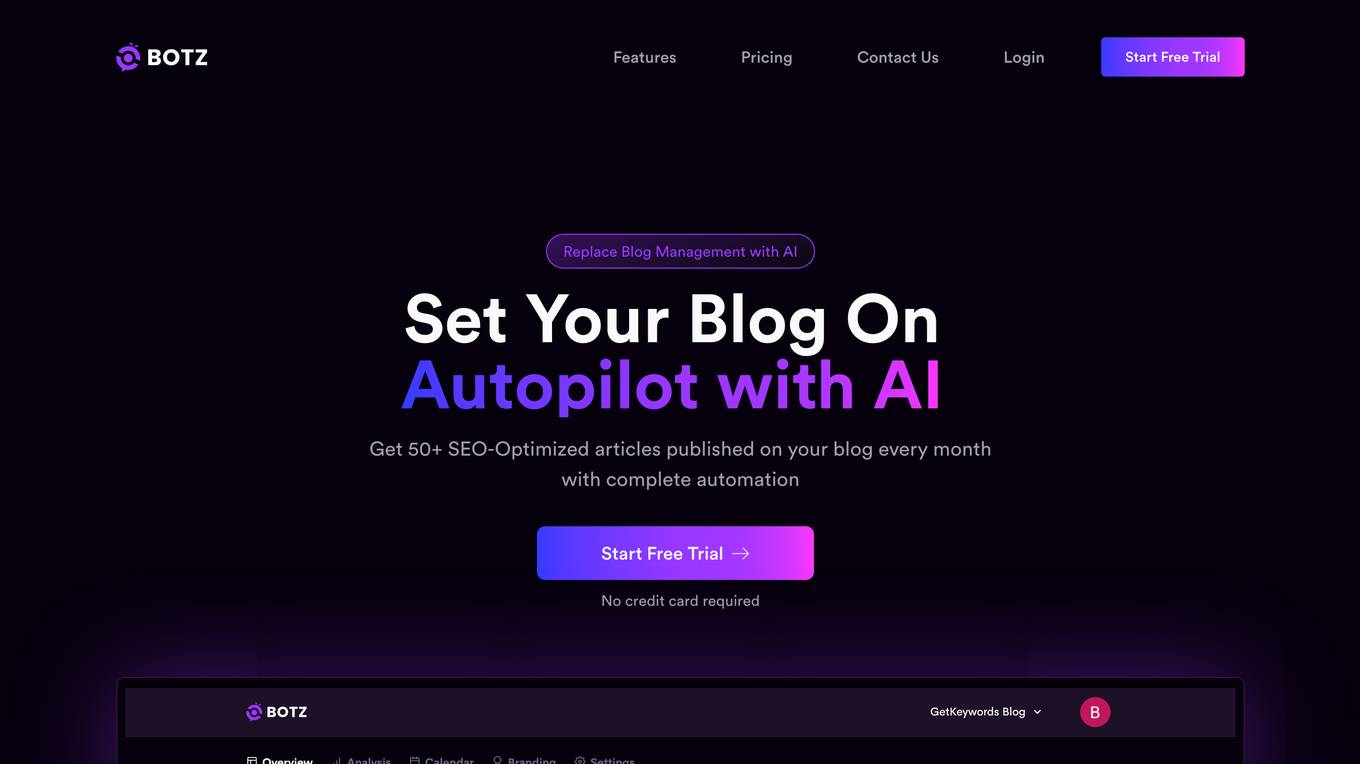
GetBotz
GetBotz is an AI-powered content creation and blog management platform that helps businesses automate their blogging process. With GetBotz, businesses can publish 50+ SEO-optimized articles on their blog every month without any manual effort. The platform uses a combination of natural language processing, machine learning, and SEO data to generate high-quality, engaging content that is tailored to the specific needs of each business. GetBotz also offers a range of features to help businesses manage their blog, including keyword research, article scheduling, and social media integration.
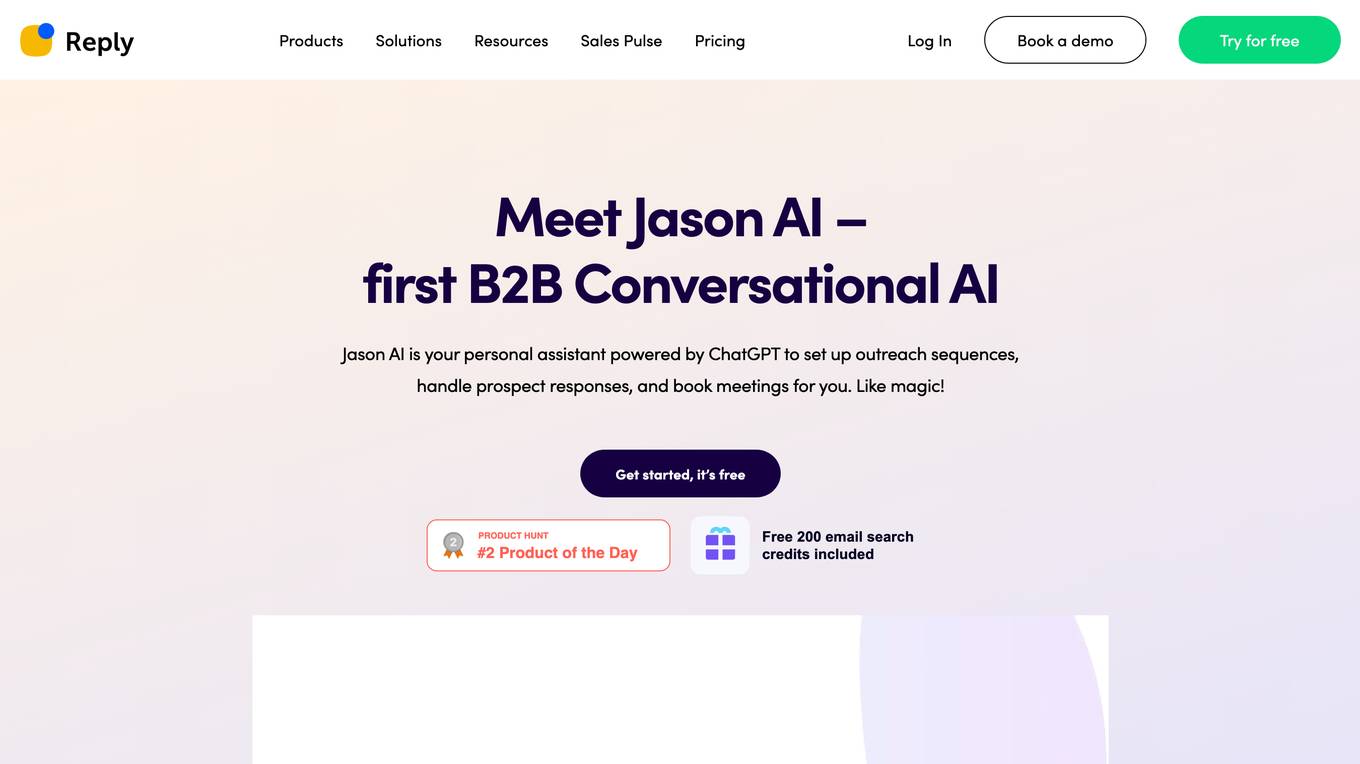
Jason AI
Jason AI is a conversational AI assistant designed specifically for B2B sales professionals. It automates outreach sequences, handles prospect responses, and books meetings, freeing up sales reps to focus on closing deals. Jason AI uses advanced natural language processing (NLP) to understand the context of conversations and respond in a personalized and engaging way. It integrates with popular CRM and email platforms, making it easy to use and manage.
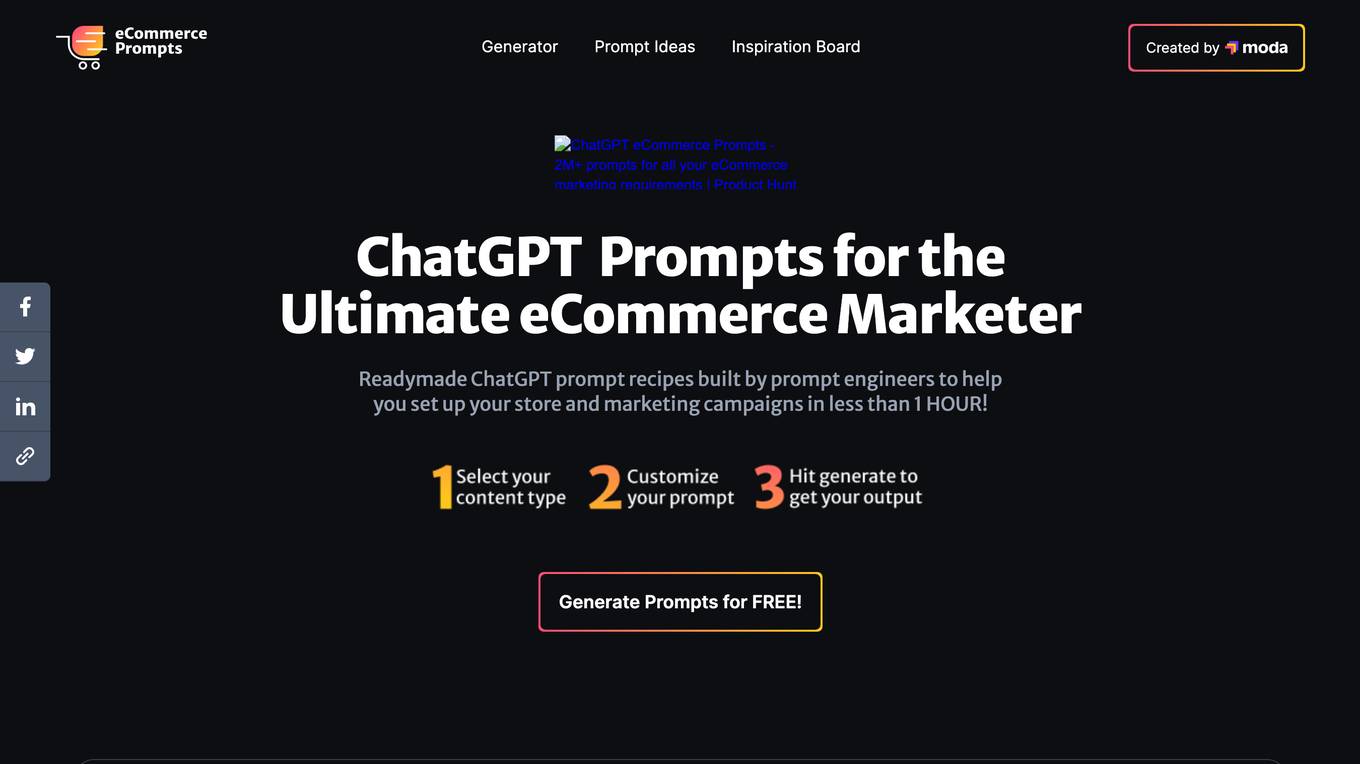
eCommerce ChatGPT Prompts Generator
eCommerce ChatGPT Prompts Generator is a tool that helps eCommerce marketers create high-quality prompts for ChatGPT. With over 2 million pre-built prompts, users can quickly and easily generate content for all their eCommerce marketing needs, including product descriptions, social media posts, email campaigns, and more. The tool also offers a variety of customization options, so users can tailor their prompts to their specific needs.
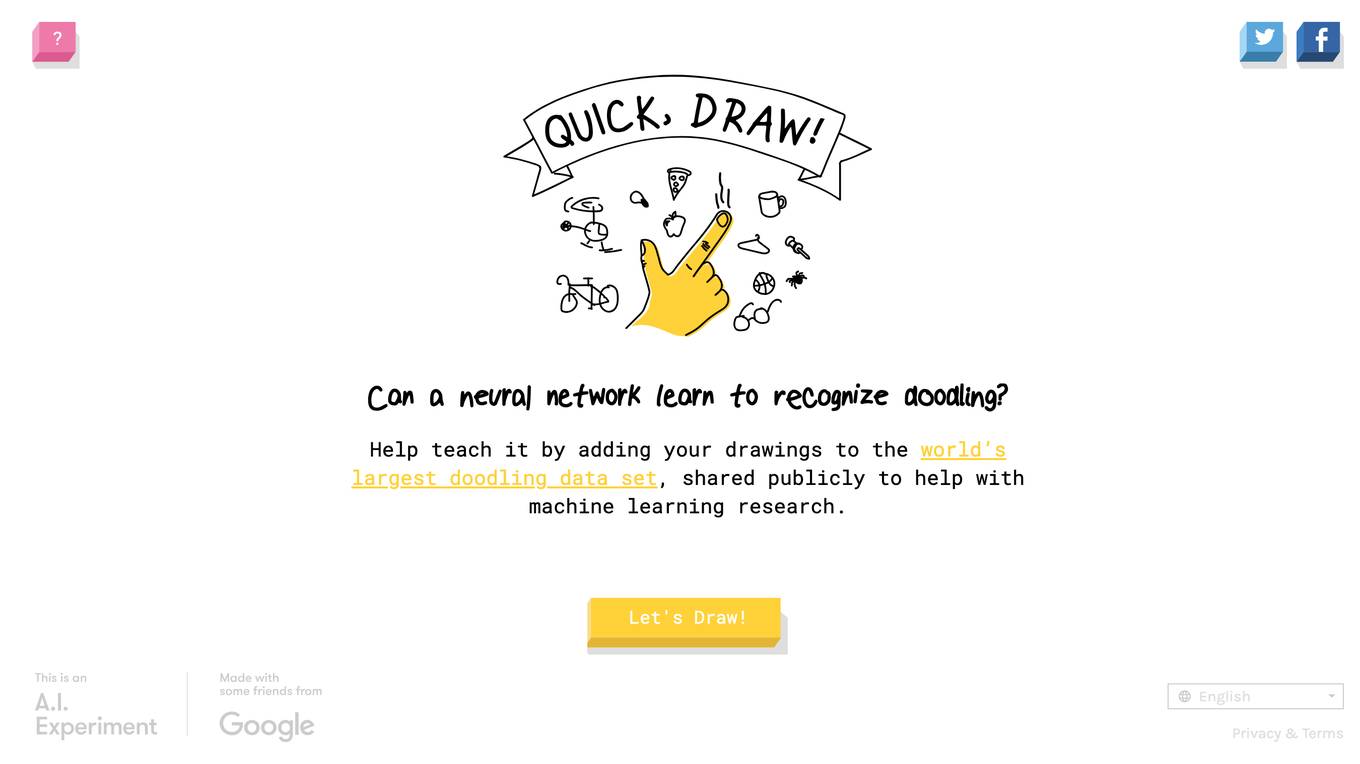
Quick, Draw!
Quick, Draw! is a game built with machine learning. You draw, and a neural network tries to guess what you're drawing. Of course, it doesn't always work. But the more you play with it, the more it will learn. So far we have trained it on a few hundred concepts, and we hope to add more over time. We made this as an example of how you can use machine learning in fun ways.
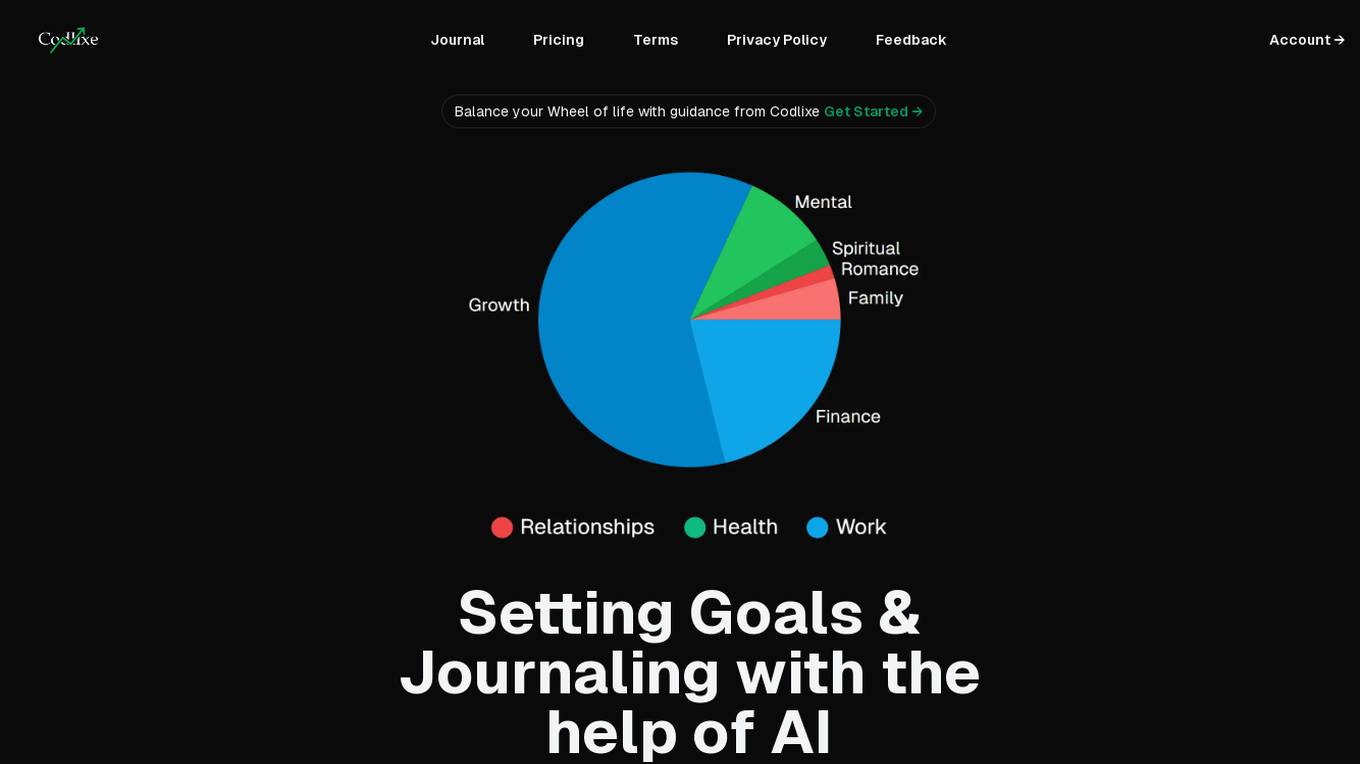
Codlixe
Codlixe is an AI-powered application designed to help users balance their life goals and journal effectively. With the assistance of AI, users can set goals that bring balance to various areas of their lives and receive journaling prompts to kickstart their writing journey. The application tracks and categorizes goals, provides suggestions for goal setting based on progress analysis, and offers journaling prompts to inspire users. Codlixe aims to be a growth companion for users, guiding them towards a more balanced and fulfilling life.
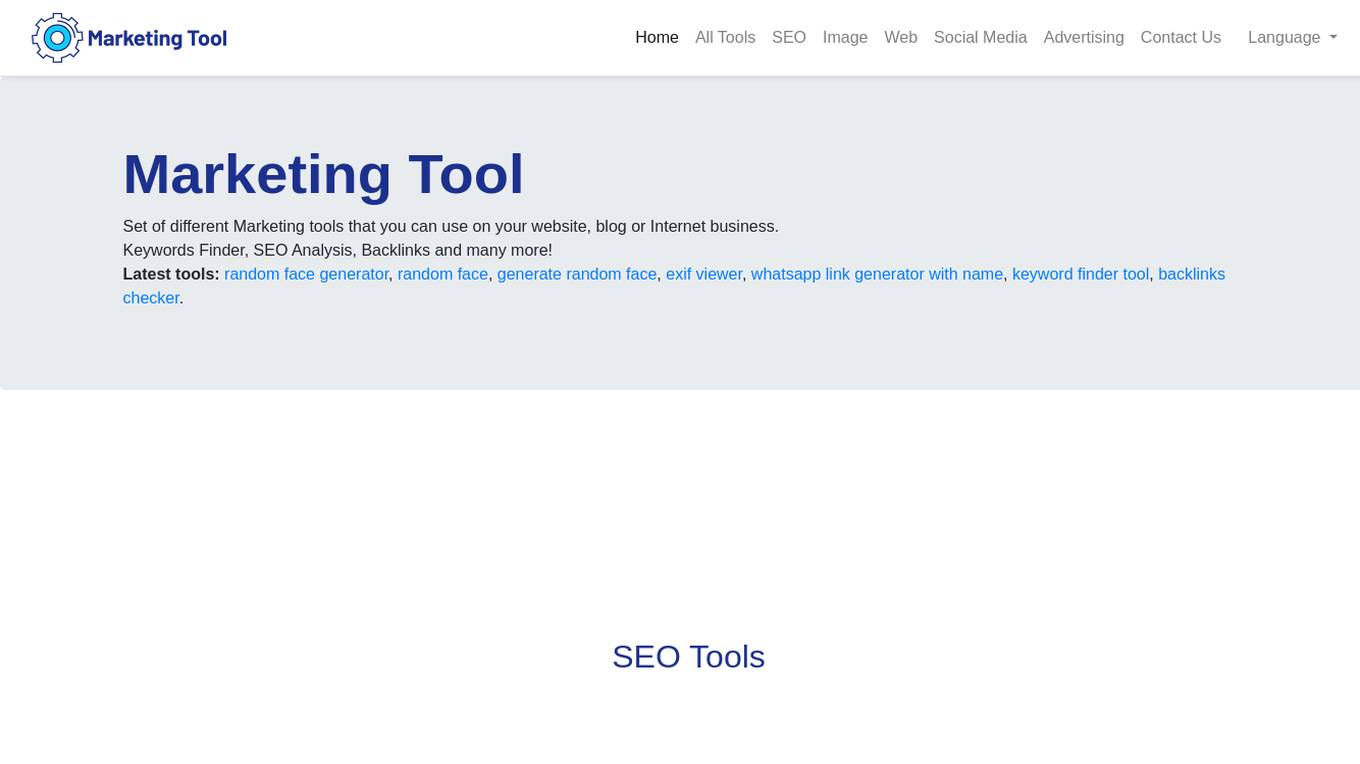
Marketing Tool
This website provides a comprehensive suite of free marketing tools that can be utilized to enhance your website, blog, or online business. The toolset encompasses SEO tools, AI tools, keyword research, image optimization, face generation, social media and advertising tools, and more. By leveraging these tools, you can analyze your web pages, elevate your SEO score, and bolster your marketing initiatives.
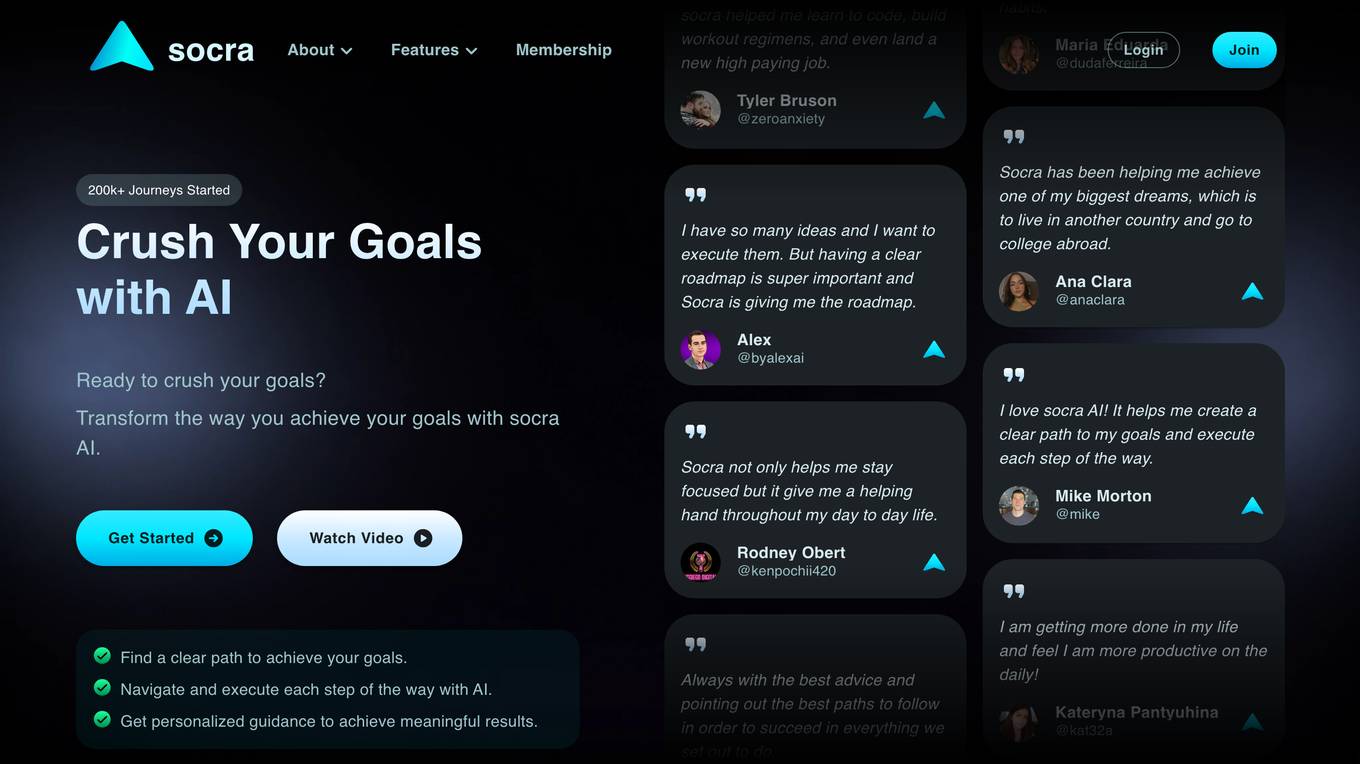
Socra
Socra is an AI-powered platform designed to assist individuals in achieving their goals. It provides personalized guidance, helps users plan and track their progress, and offers tools to build habits and break bad ones. Socra's AI capabilities include natural language processing, machine learning, and computer vision, enabling it to understand users' goals, provide tailored recommendations, and generate insights to help them stay on track.
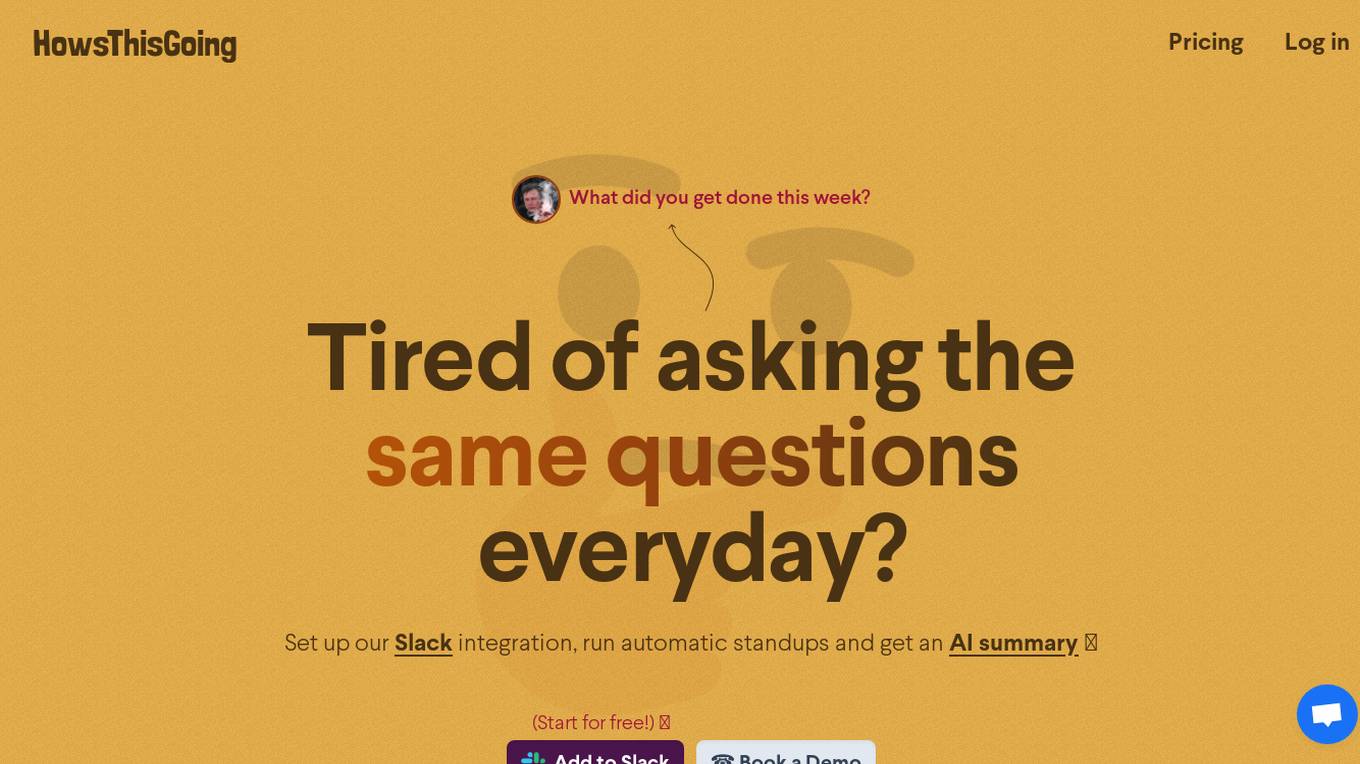
HowsThisGoing
HowsThisGoing is an AI-powered application designed to streamline team communication and productivity by enabling users to set up standups in Slack within seconds. The platform offers features such as automatic standups, AI summaries, custom tests, analytics & reporting, and workflow scheduling. Users can easily create workflows, generate AI reports, and track team performance efficiently. HowsThisGoing provides unlimited benefits at a flat price, making it a cost-effective solution for teams of all sizes.

Resolution Coach
Resolution Coach is the world's first AI coach designed to help individuals achieve their New Year's resolutions effectively. The application leverages artificial intelligence to provide personalized guidance and motivation to users, assisting them in setting realistic goals and creating actionable plans to reach them. With a user-friendly interface, Resolution Coach offers a seamless experience for users to track their progress, receive timely reminders, and stay accountable towards their resolutions. Whether it's fitness goals, career aspirations, or personal development objectives, Resolution Coach is a reliable companion to support users in their journey towards self-improvement.
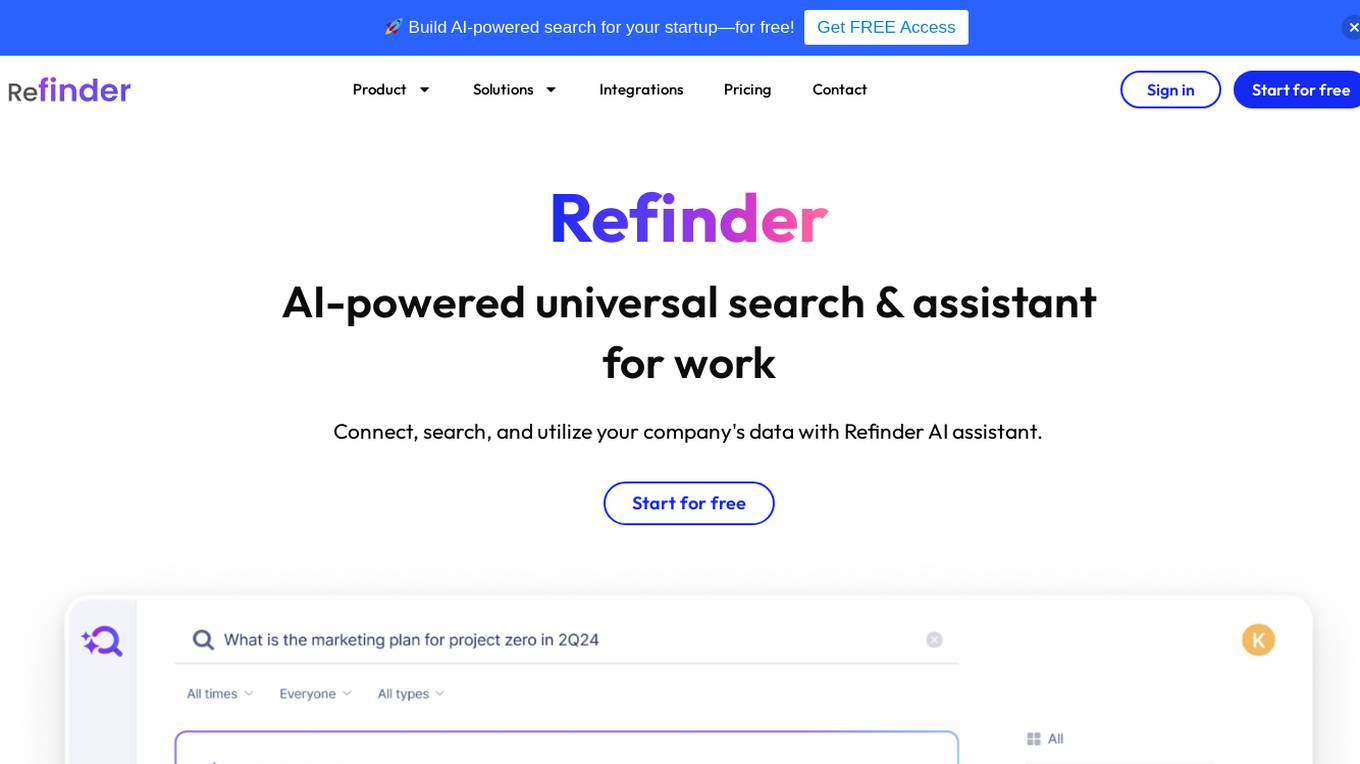
Refinder
Refinder is an AI-powered universal search and assistant designed for work. It helps users connect, search, and utilize their company's data efficiently. With Refinder, users can easily search across all their organization's apps and data, get trustworthy answers, and streamline integrations without the need for maintenance. The tool aims to address the challenges of information overload, data fragmentation, and low productivity faced by modern businesses.
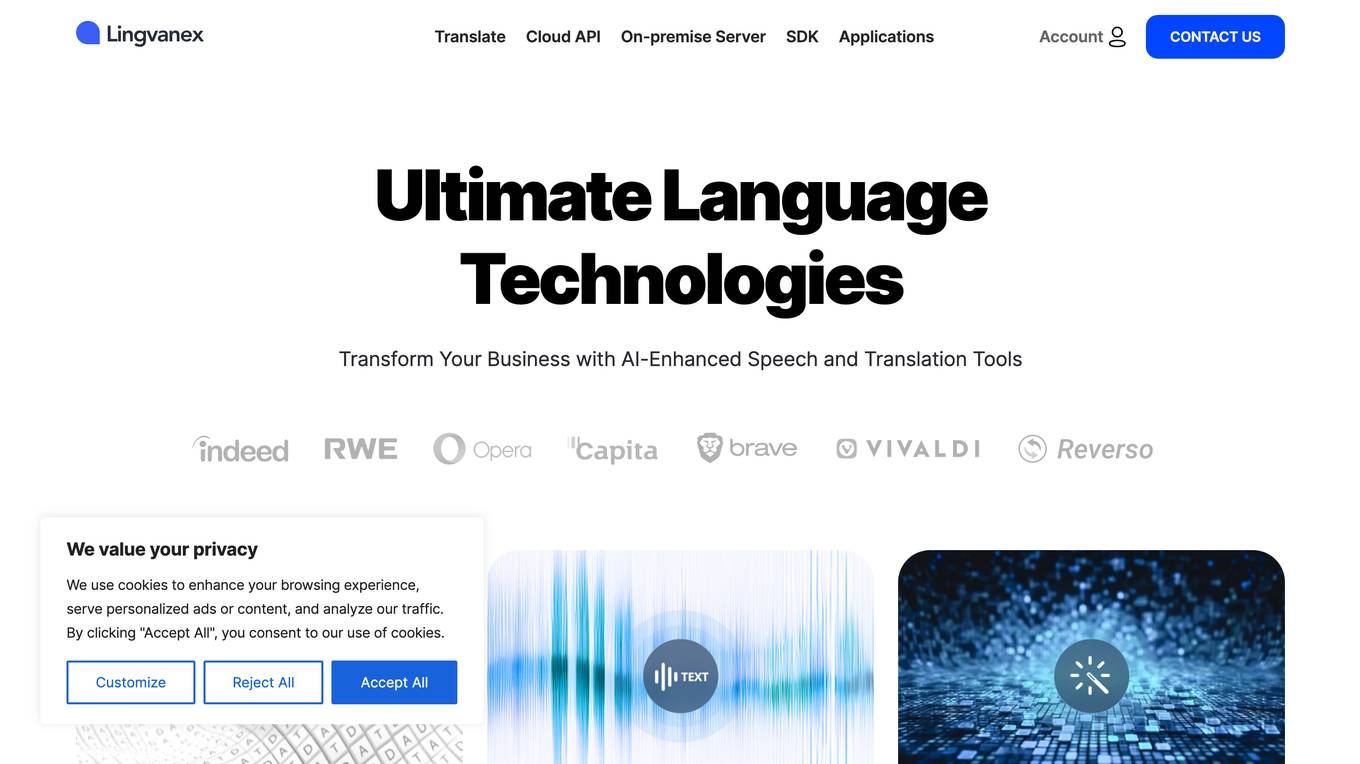
Lingvanex
Lingvanex is a cloud-based machine translation and speech recognition platform that provides businesses with a variety of tools to translate text, documents, and speech in over 100 languages. The platform is powered by artificial intelligence (AI) and machine learning (ML) technologies, which enable it to deliver high-quality translations that are both accurate and fluent. Lingvanex also offers a variety of features that make it easy for businesses to integrate translation and speech recognition into their workflows, including APIs, SDKs, and plugins for popular programming languages and platforms.

AutoPod
AutoPod is a suite of plug-ins for Adobe Premiere Pro that automates many of the time-consuming tasks involved in editing video podcasts and shows. With AutoPod, you can save hours of editing time each week, and get a finished edit that is ready to be published.
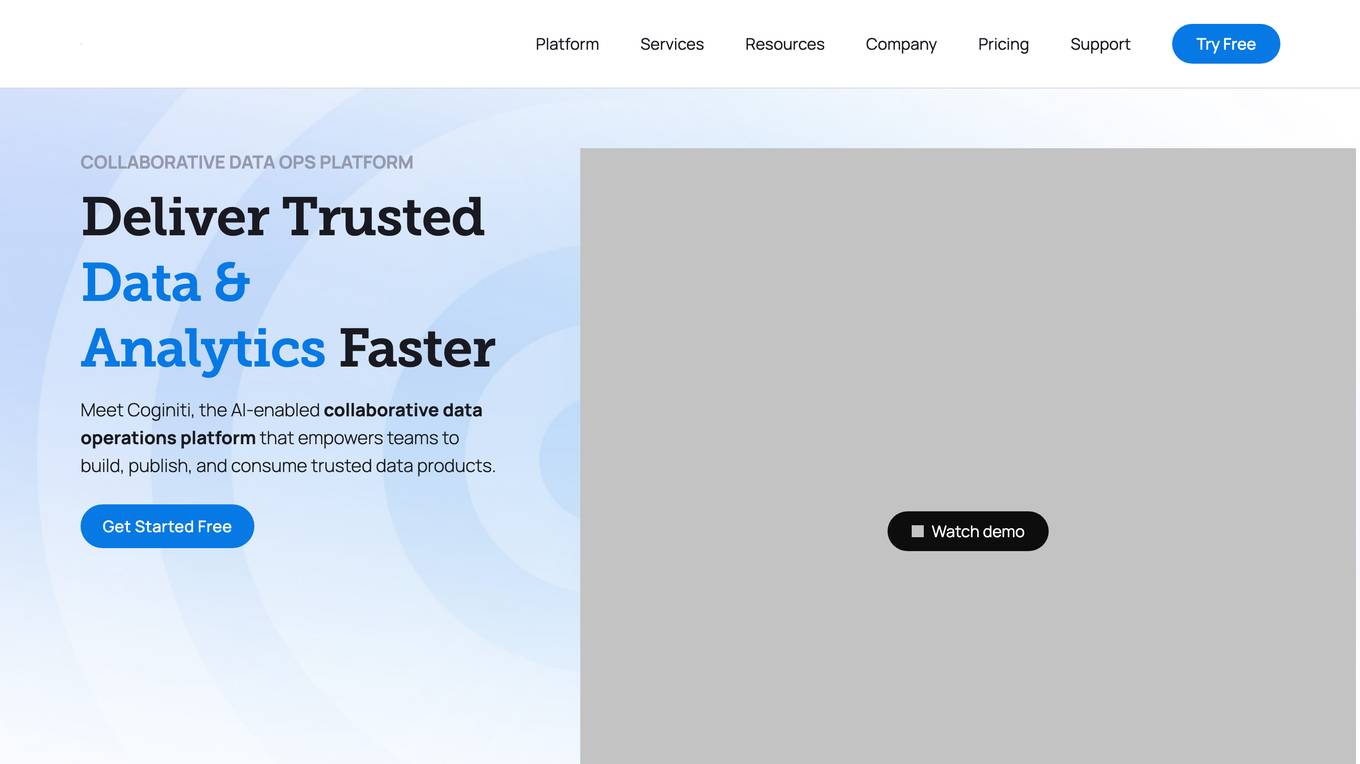
Coginiti
Coginiti is a collaborative analytics platform and tools designed for SQL developers, data scientists, engineers, and analysts. It offers capabilities such as AI assistant, data mesh, database & object store support, powerful query & analysis, and share & reuse curated assets. Coginiti empowers teams and organizations to manage collaborative practices, data efficiency, and deliver trusted data products faster. The platform integrates modular analytic development, collaborative versioned teamwork, and a data quality framework to enhance productivity and ensure data reliability. Coginiti also provides an AI-enabled virtual analytics advisor to boost team efficiency and empower data heroes.
0 - Open Source AI Tools
20 - OpenAI Gpts
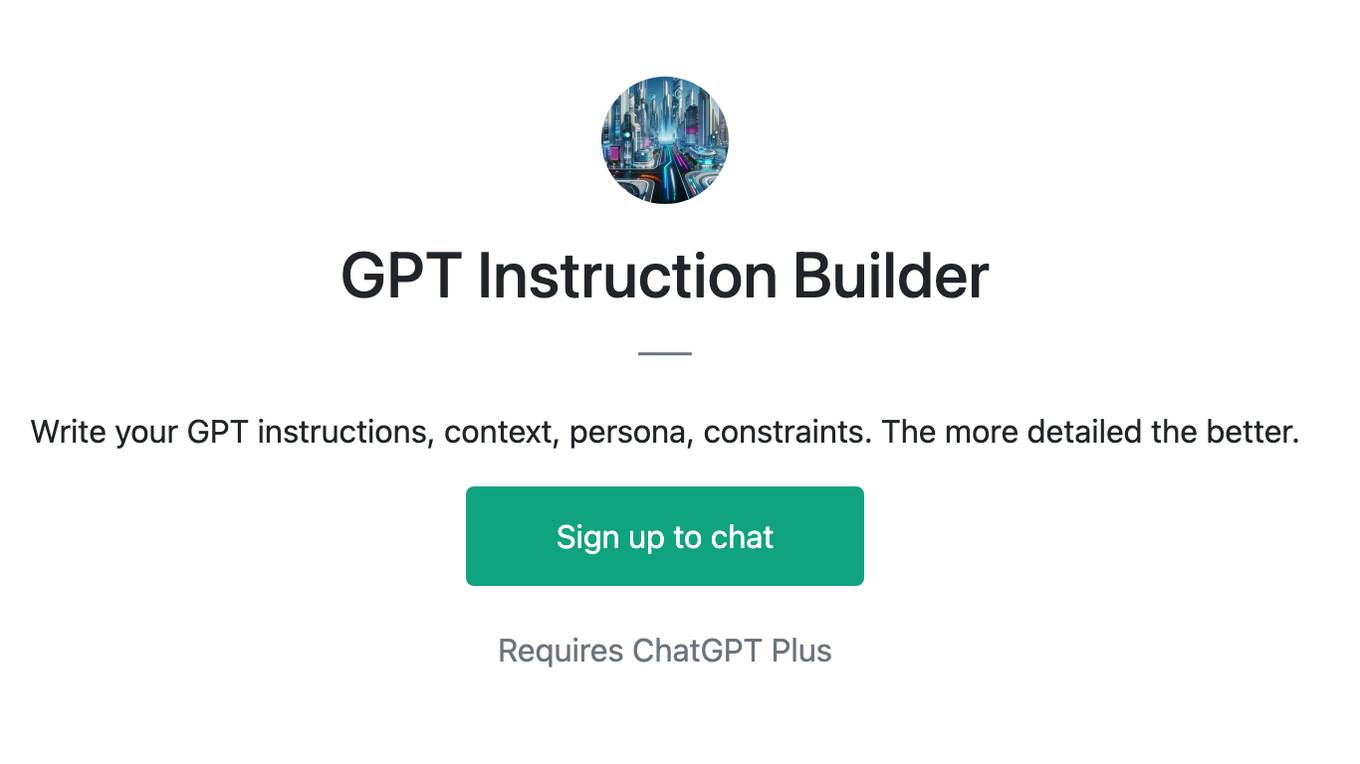
GPT Instruction Builder
Write your GPT instructions, context, persona, constraints. The more detailed the better.
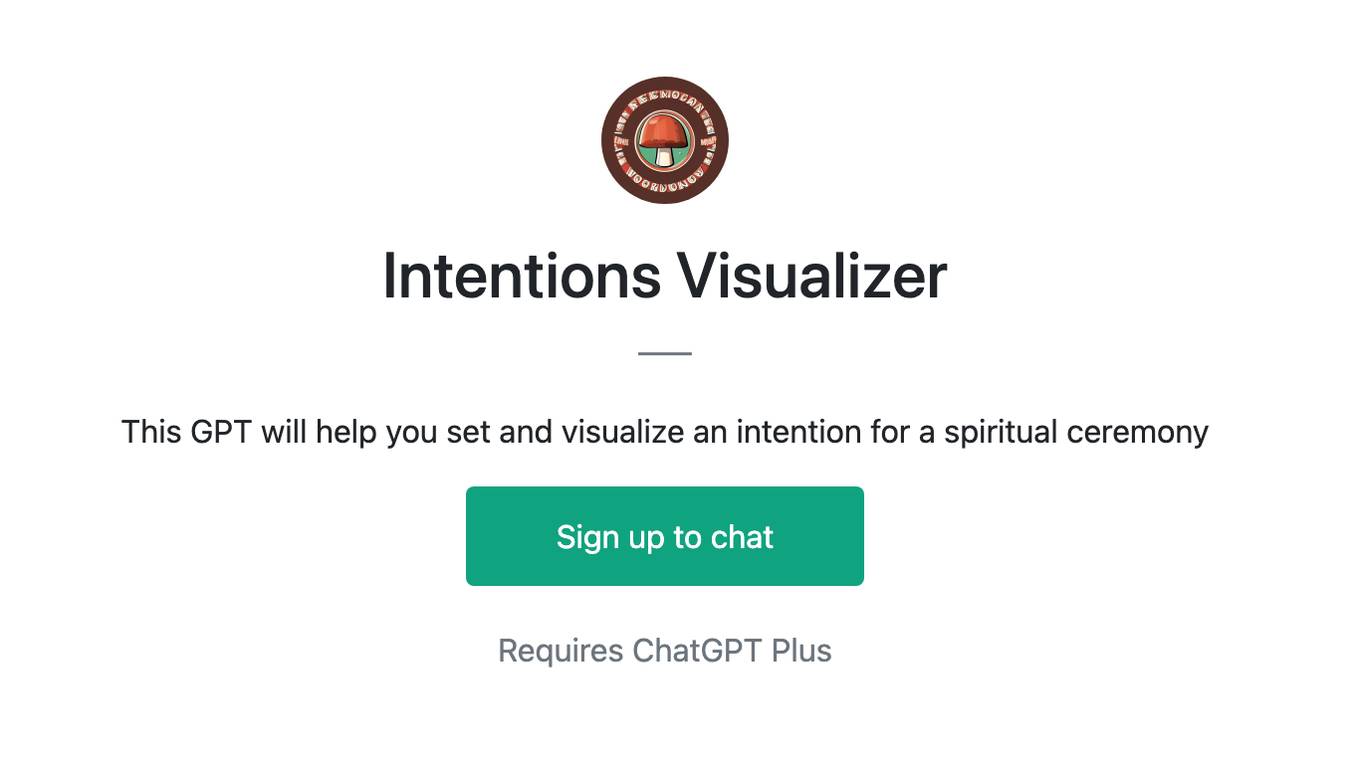
Intentions Visualizer
This GPT will help you set and visualize an intention for a spiritual ceremony
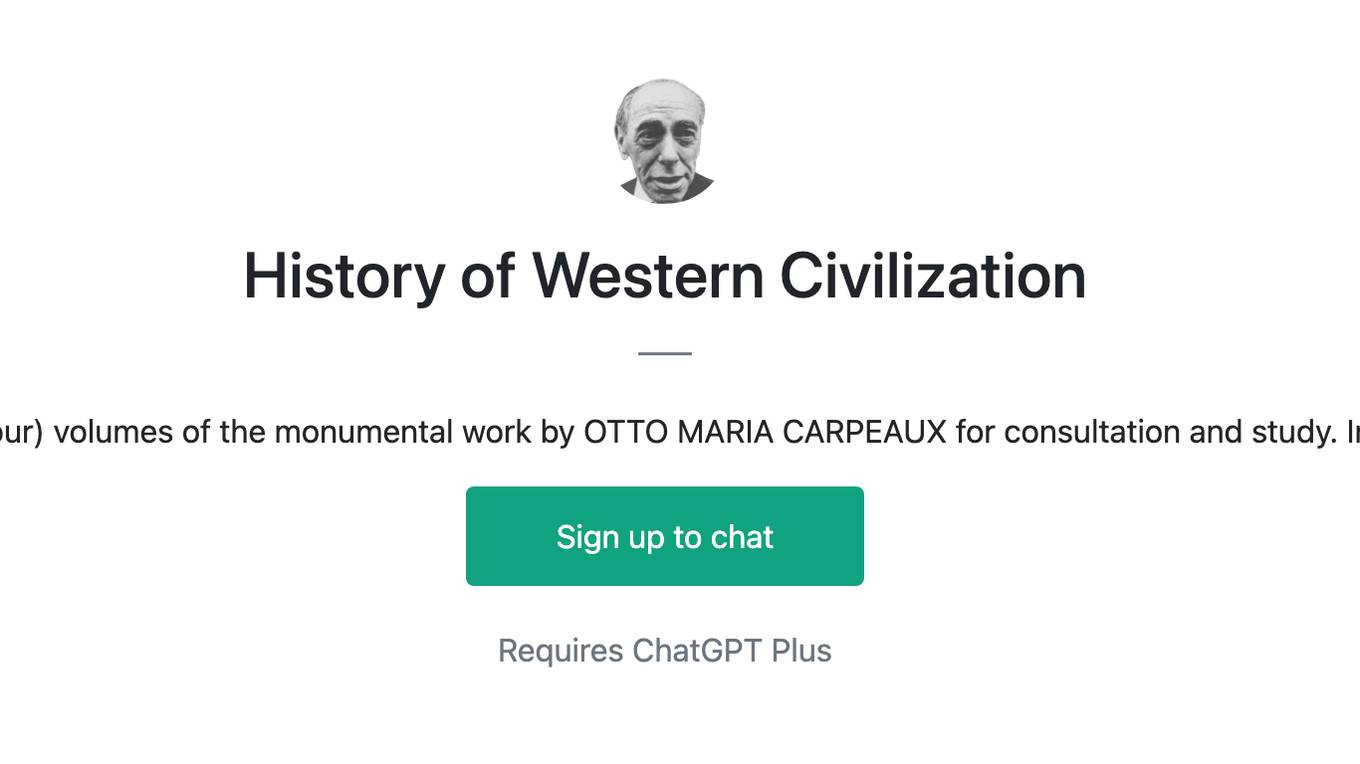
History of Western Civilization
Complete set of the 4 (four) volumes of the monumental work by OTTO MARIA CARPEAUX for consultation and study. Inquire in any language.
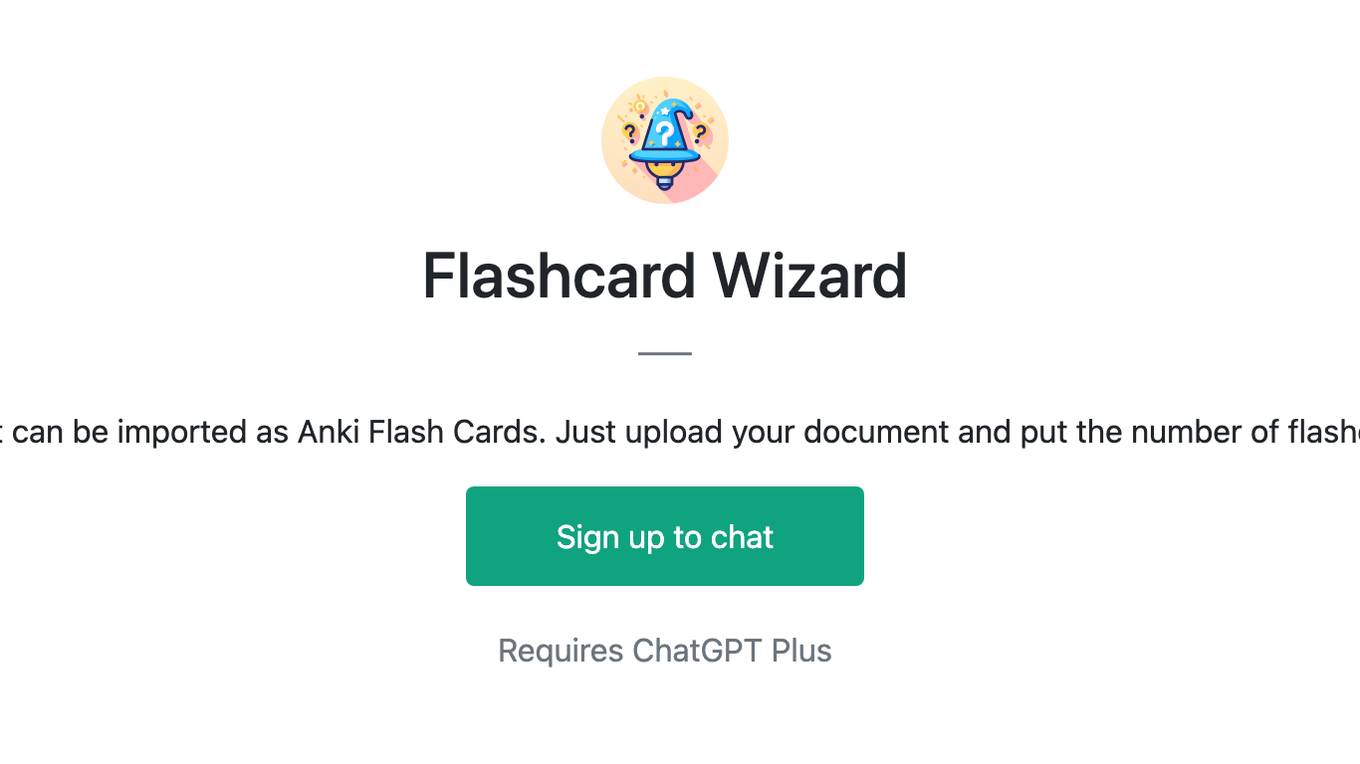
Flashcard Wizard
Prepares an exhaustive set of Q/A pairs that can be imported as Anki Flash Cards. Just upload your document and put the number of flashcards you want. No pleasantries required.
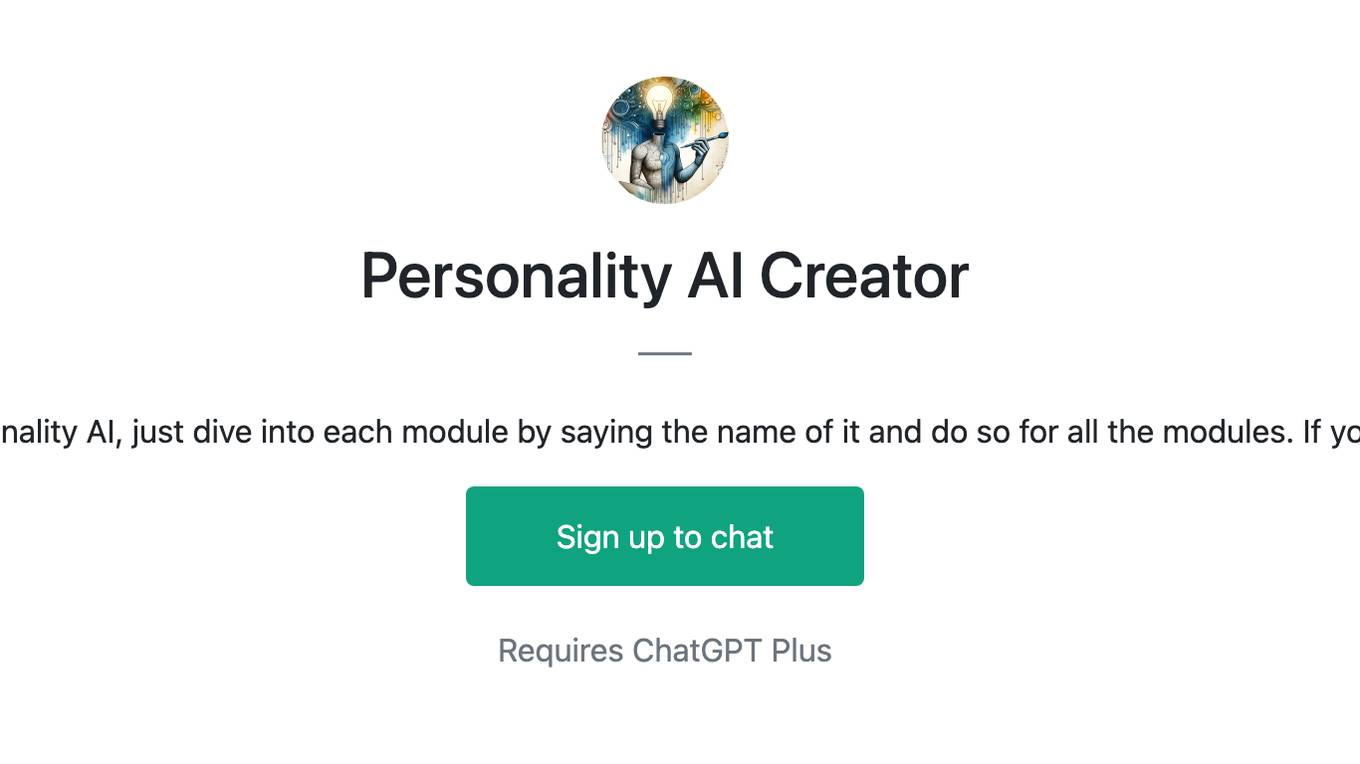
Personality AI Creator
I will create a quality data set for a personality AI, just dive into each module by saying the name of it and do so for all the modules. If you find it useful, share it to your friends
TB Order Recommendation System
Given a set of Parameters, Provides a set of Order Recommendations
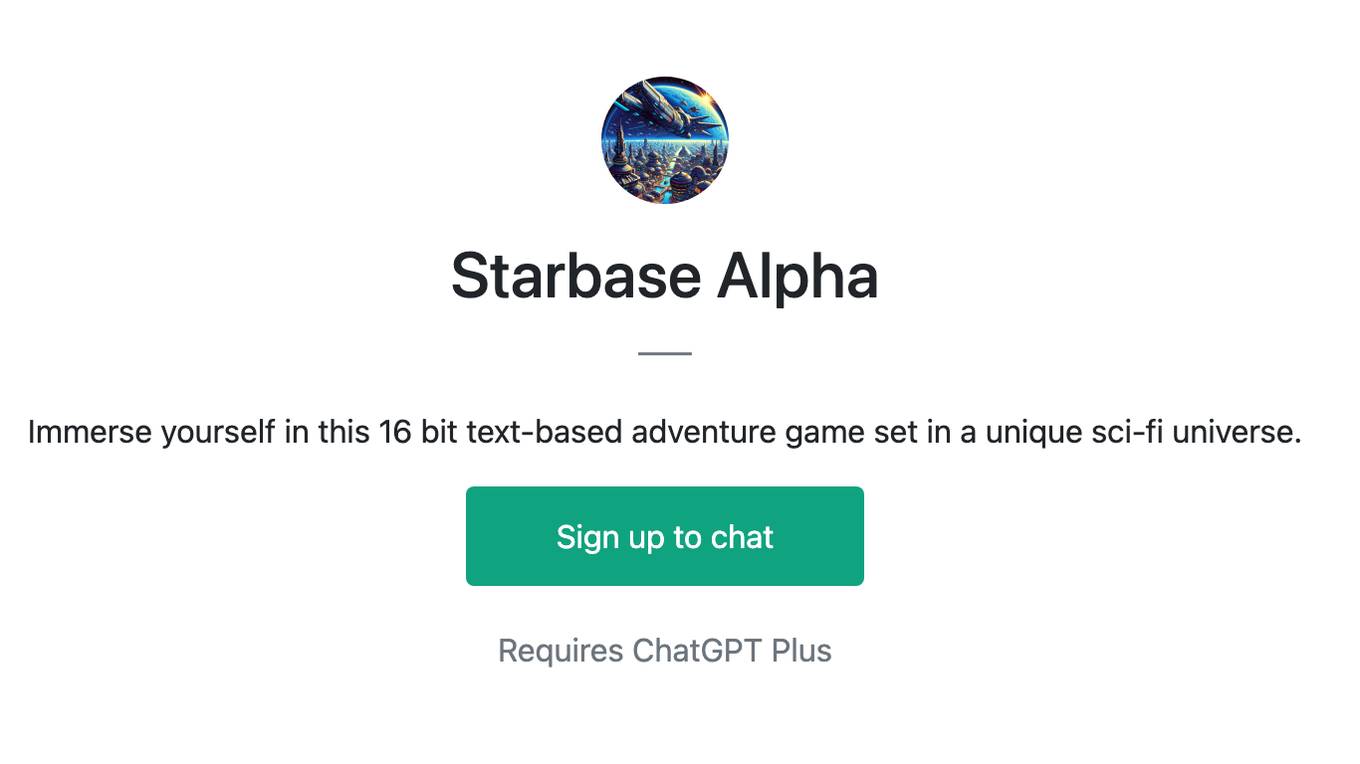
Starbase Alpha
Immerse yourself in this 16 bit text-based adventure game set in a unique sci-fi universe.
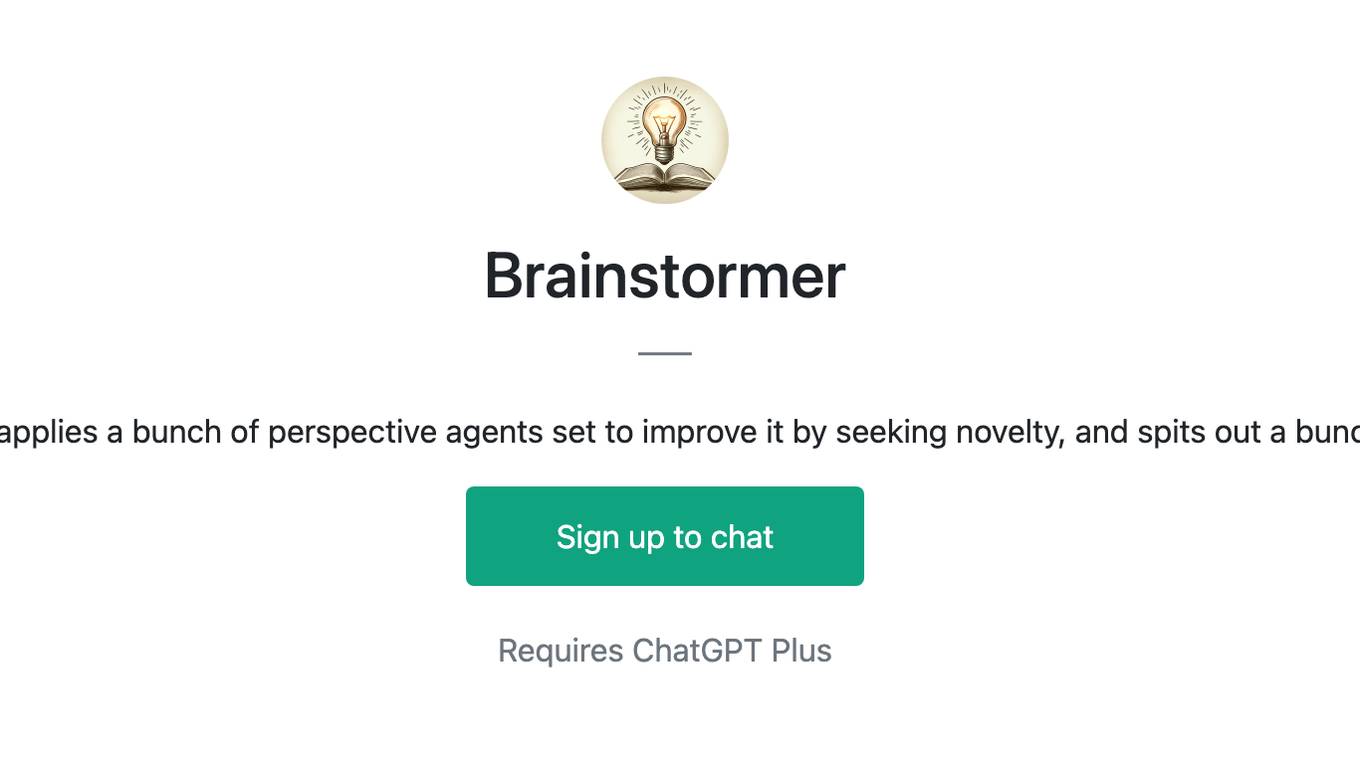
Brainstormer
Brainstormer takes in a notion, applies a bunch of perspective agents set to improve it by seeking novelty, and spits out a bunch of improved creative ideas.

cinematic character costume concept design master
Upload an avatar and indicate the costume concept to design the movie character costume concept and set different angles for reference.
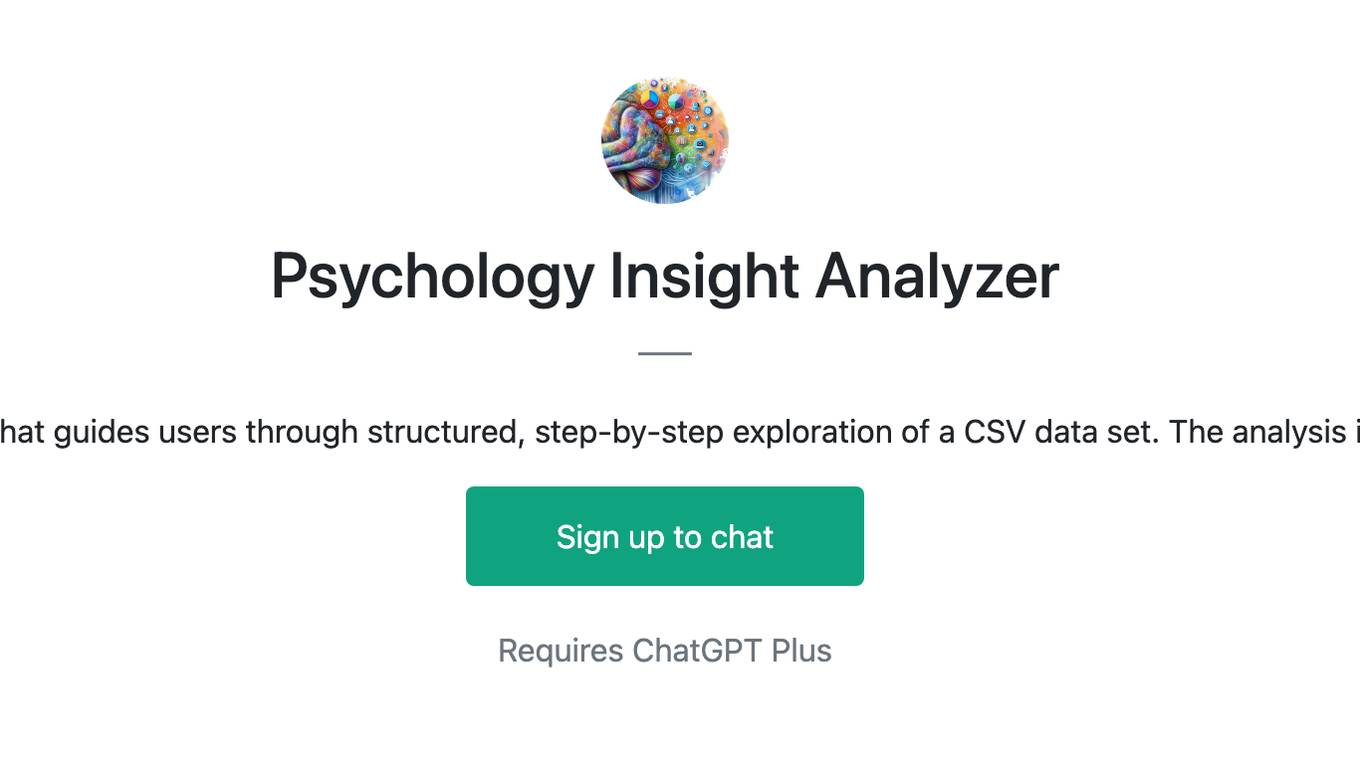
Psychology Insight Analyzer
Psychology data analysis expert that guides users through structured, step-by-step exploration of a CSV data set. The analysis is based on research questions.
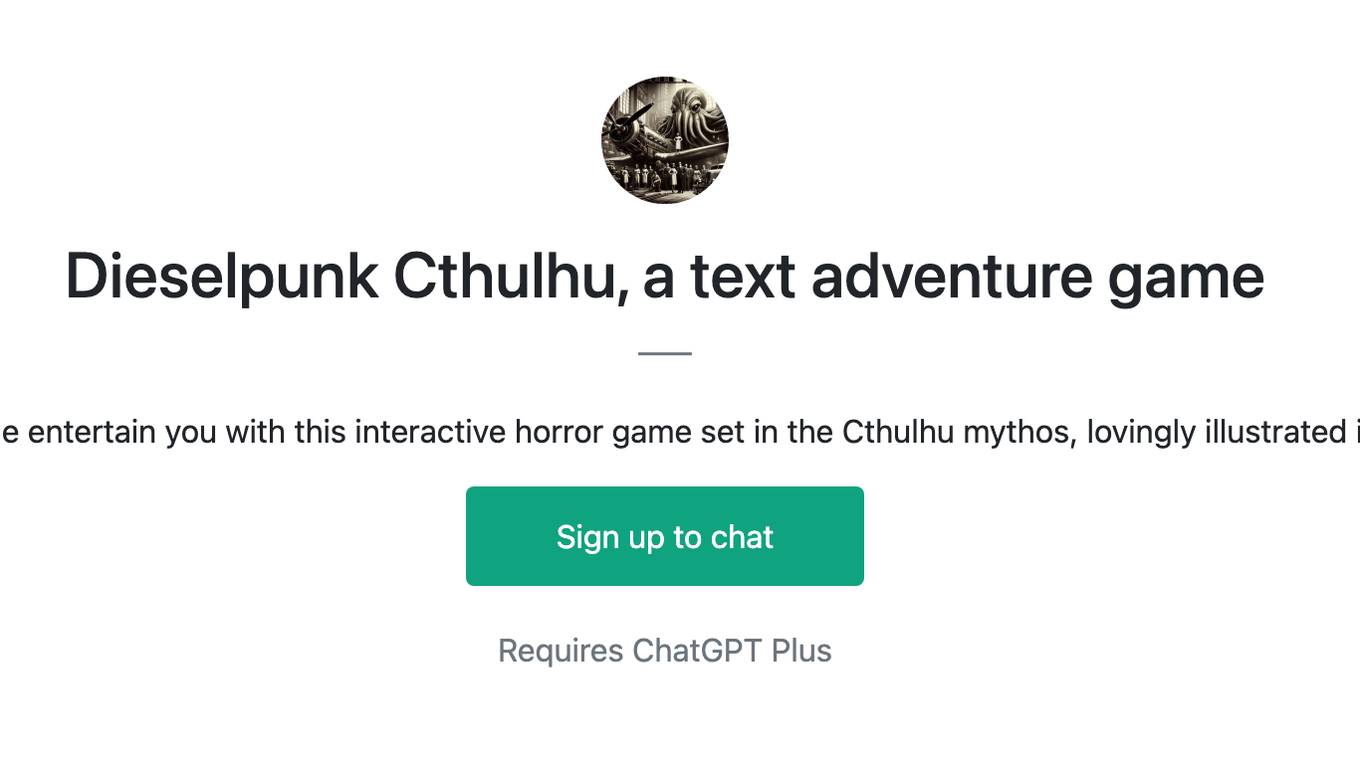
Dieselpunk Cthulhu, a text adventure game
Madness or diesel fumes. You decide. Let me entertain you with this interactive horror game set in the Cthulhu mythos, lovingly illustrated in the style of gritty, cinematic dieselpunk.
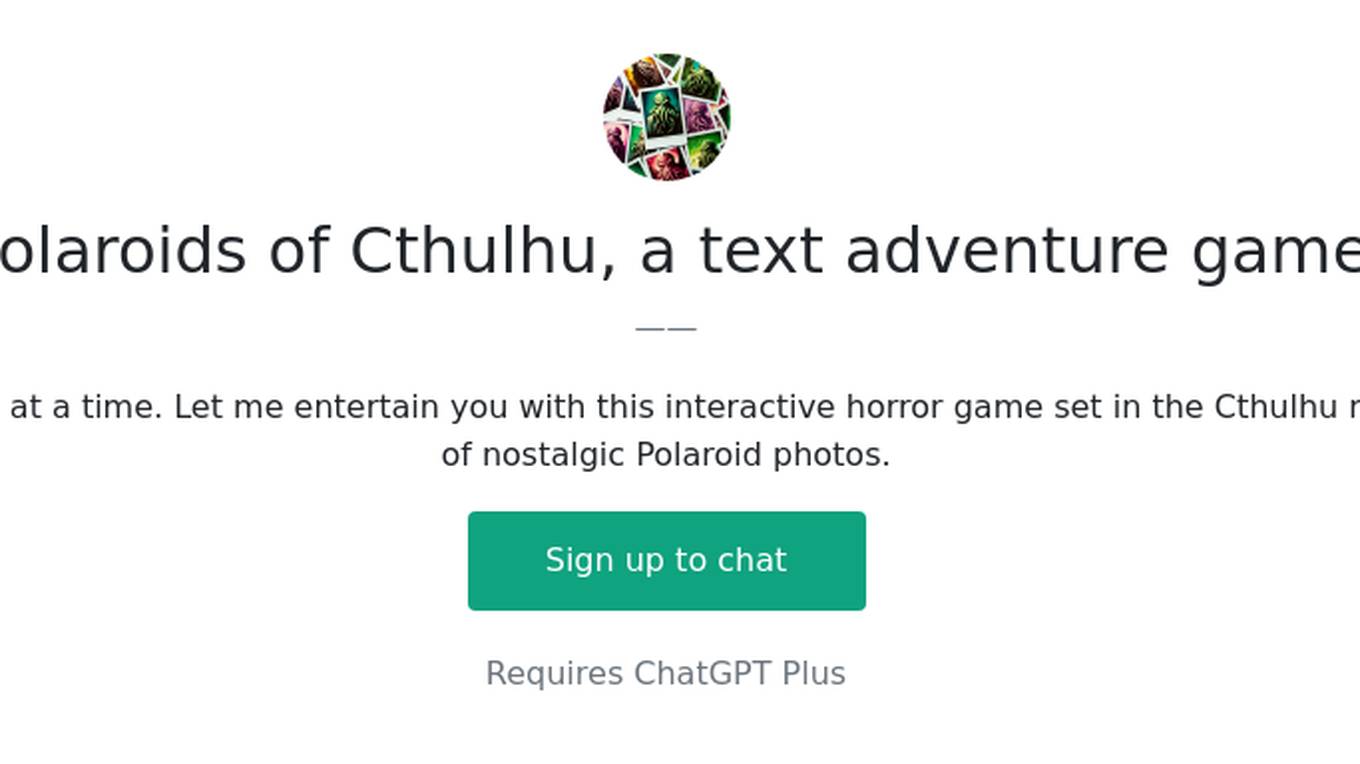
Polaroids of Cthulhu, a text adventure game
Descend into madness, one photograph at a time. Let me entertain you with this interactive horror game set in the Cthulhu mythos, lovingly illustrated in the style of nostalgic Polaroid photos.
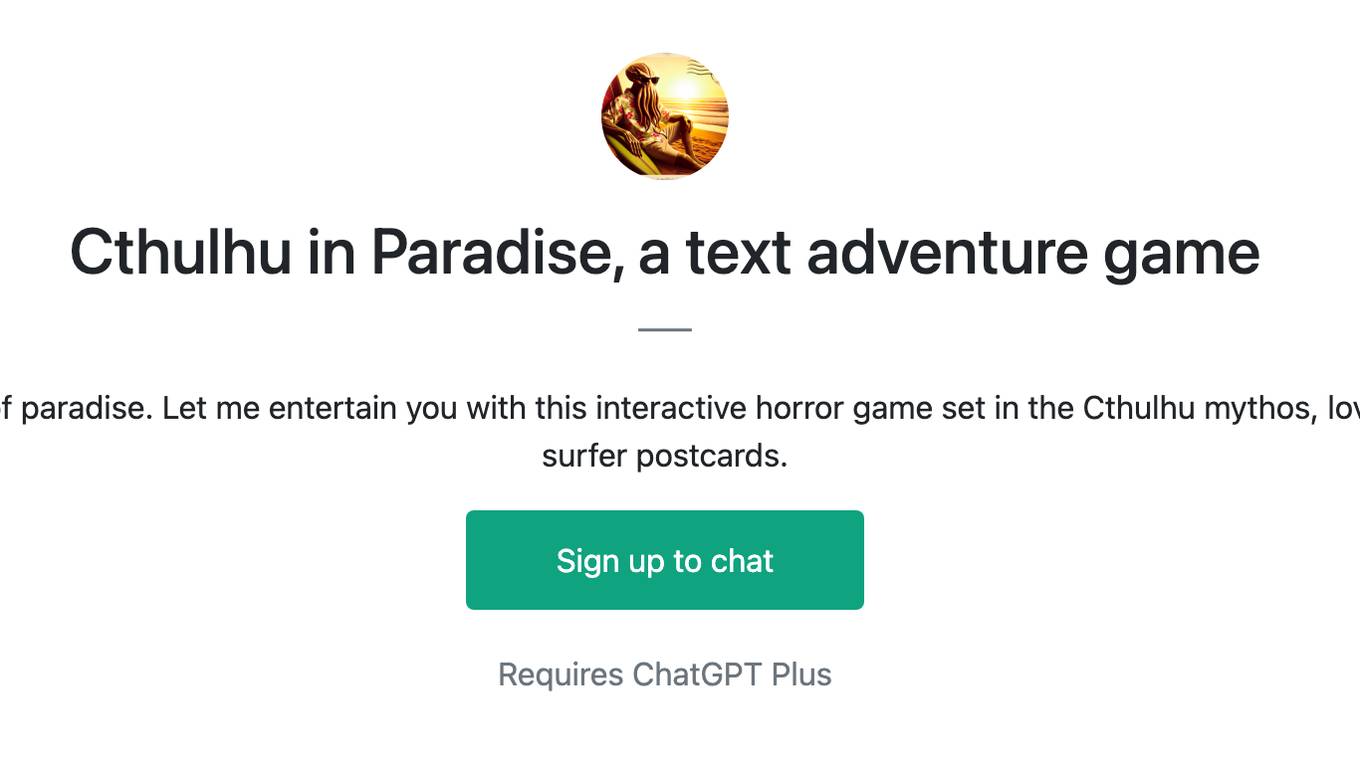
Cthulhu in Paradise, a text adventure game
Riding waves of madness in the shadows of paradise. Let me entertain you with this interactive horror game set in the Cthulhu mythos, lovingly illustrated in the style of sunkissed surfer postcards.
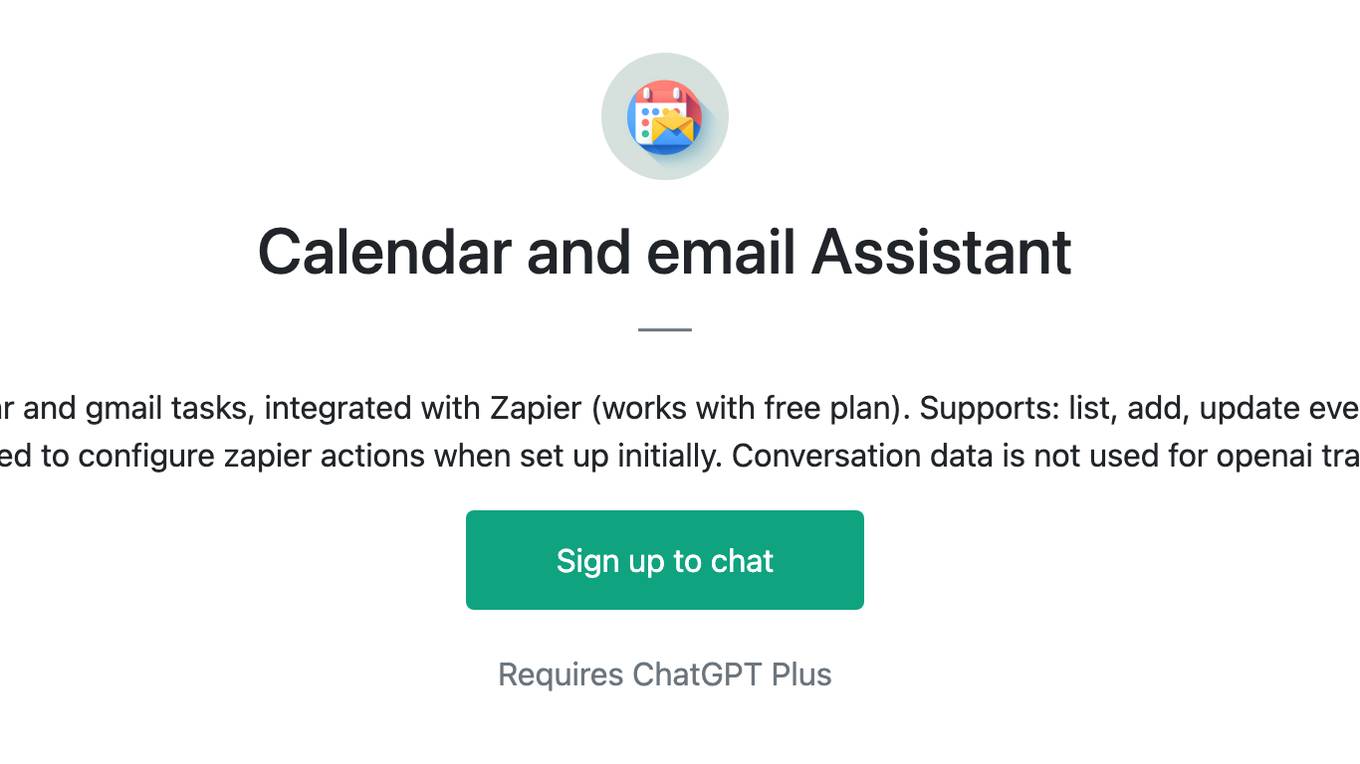
Calendar and email Assistant
Your expert assistant for Google Calendar and gmail tasks, integrated with Zapier (works with free plan). Supports: list, add, update events to calendar, send gmail. You will be prompted to configure zapier actions when set up initially. Conversation data is not used for openai training.
